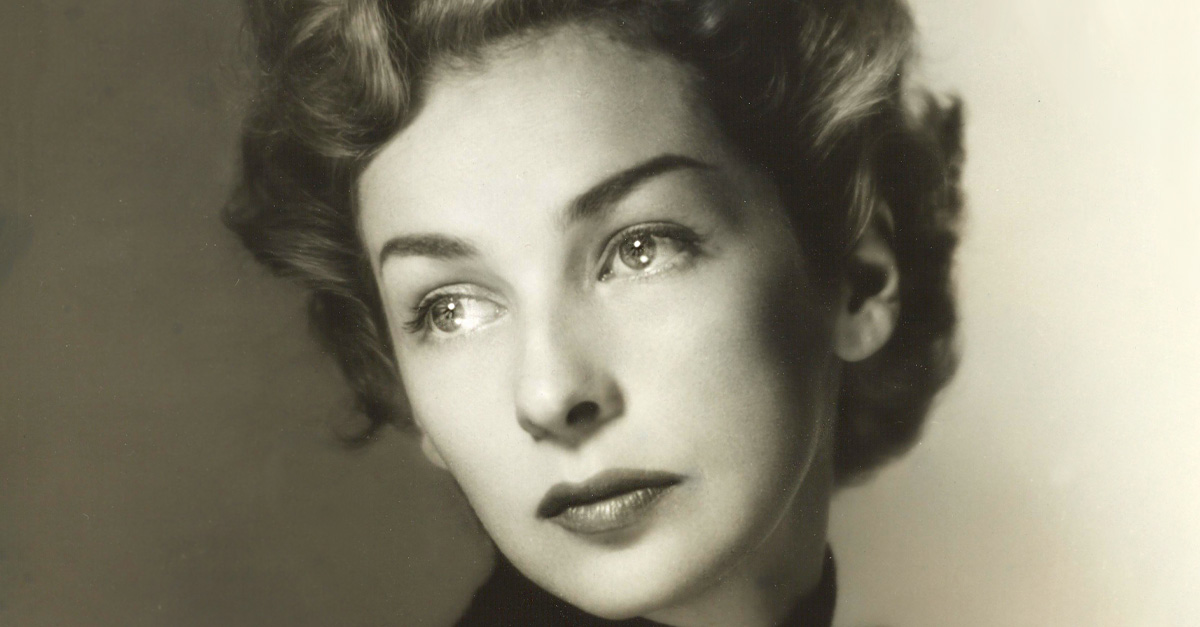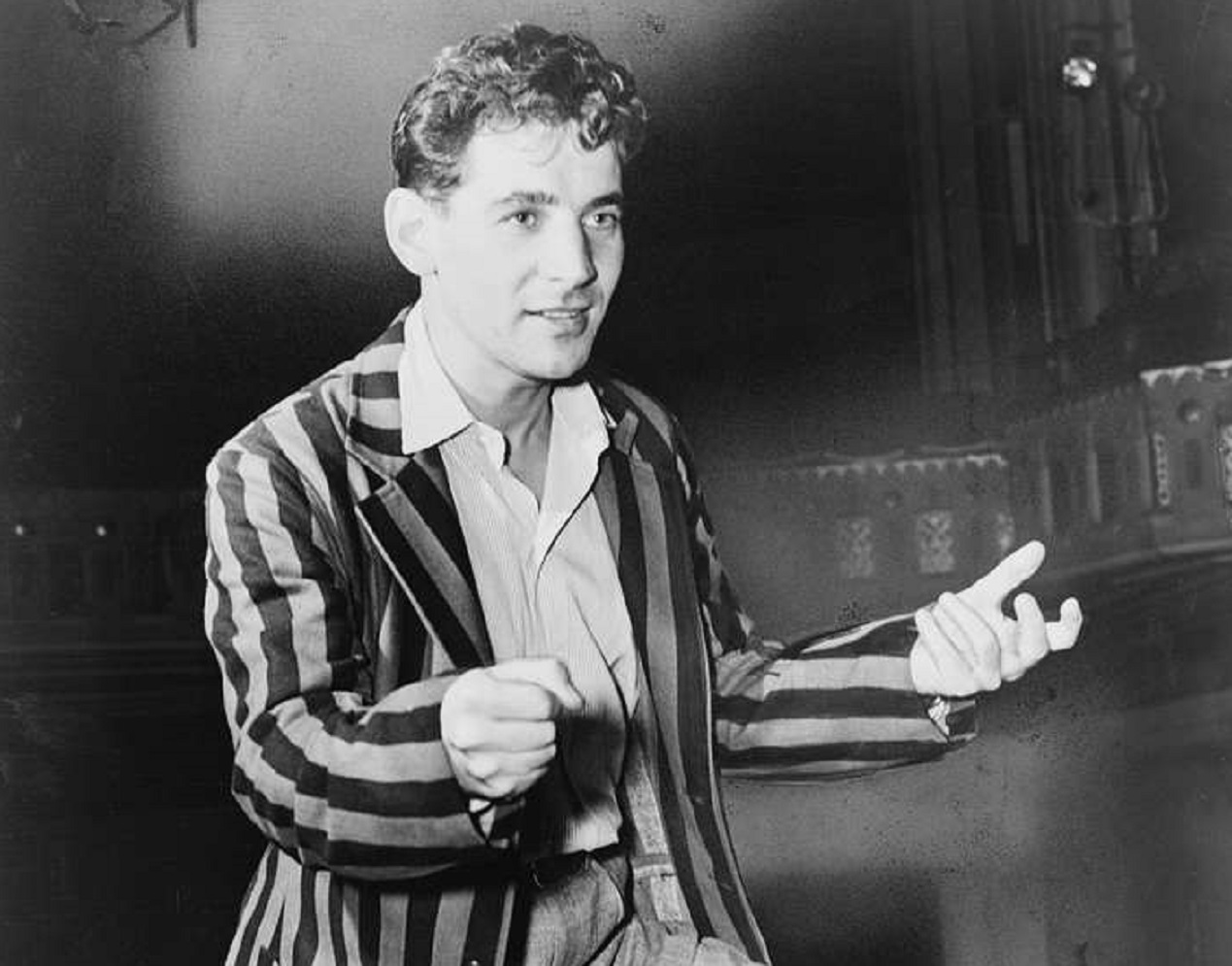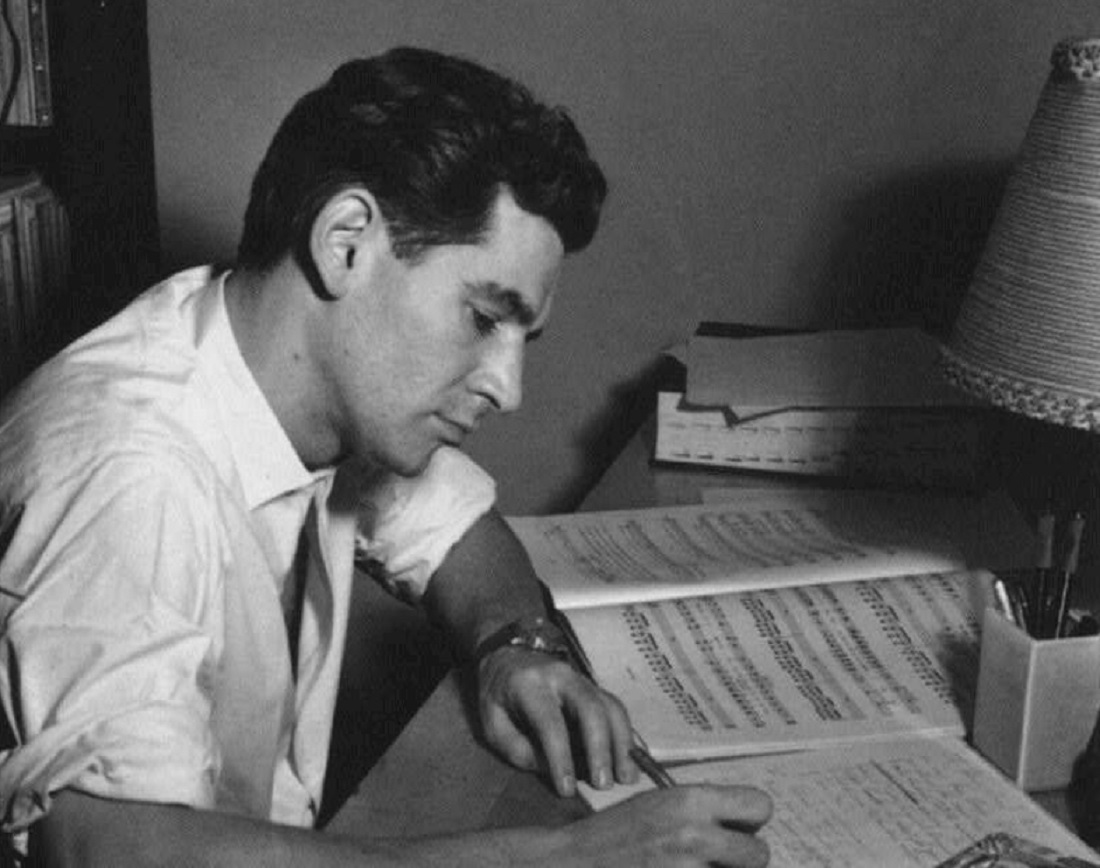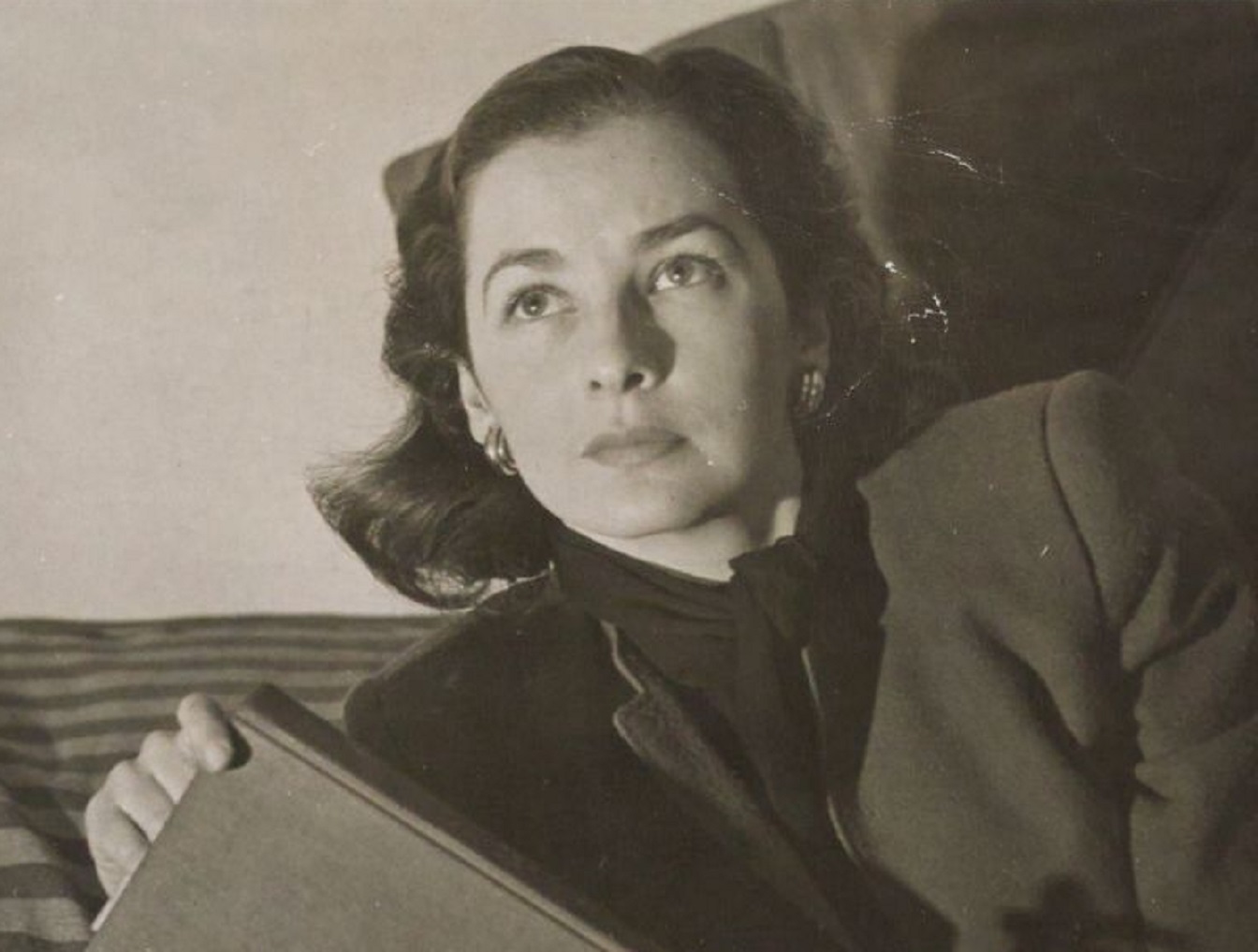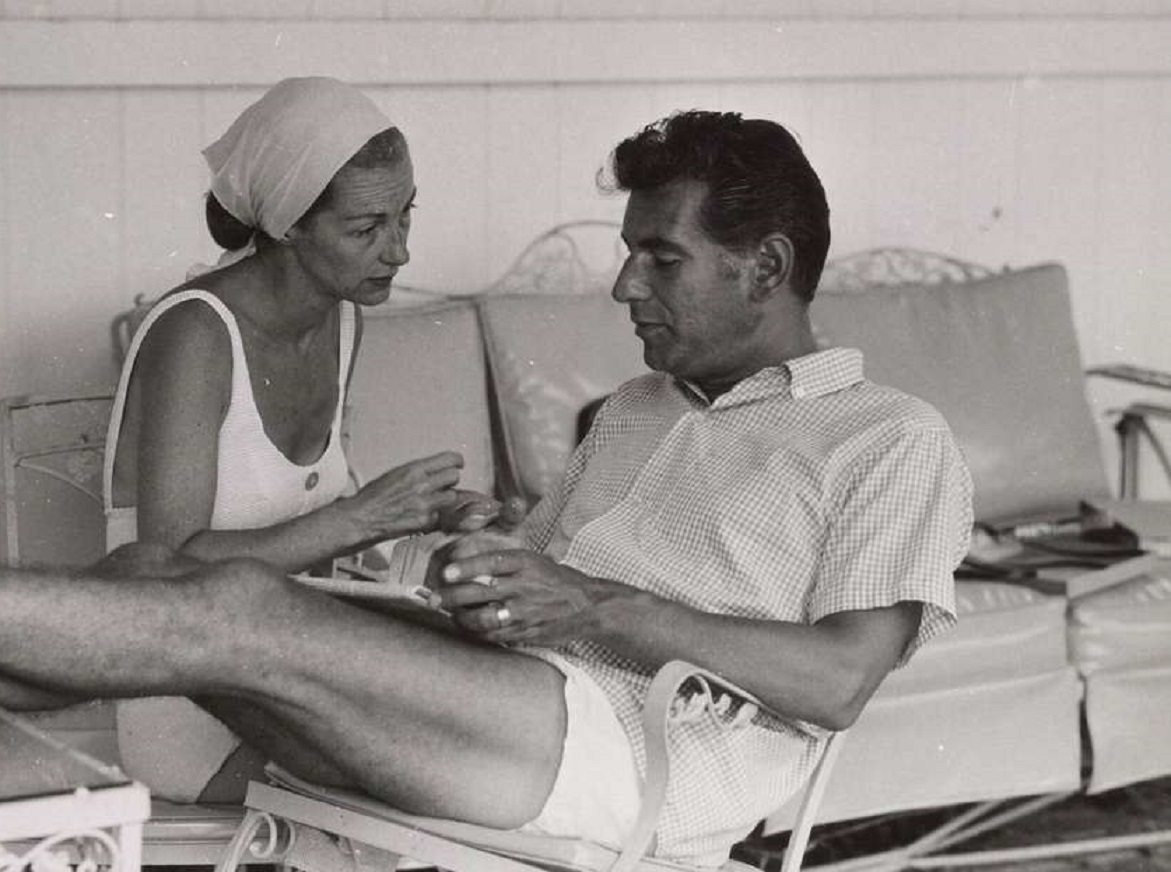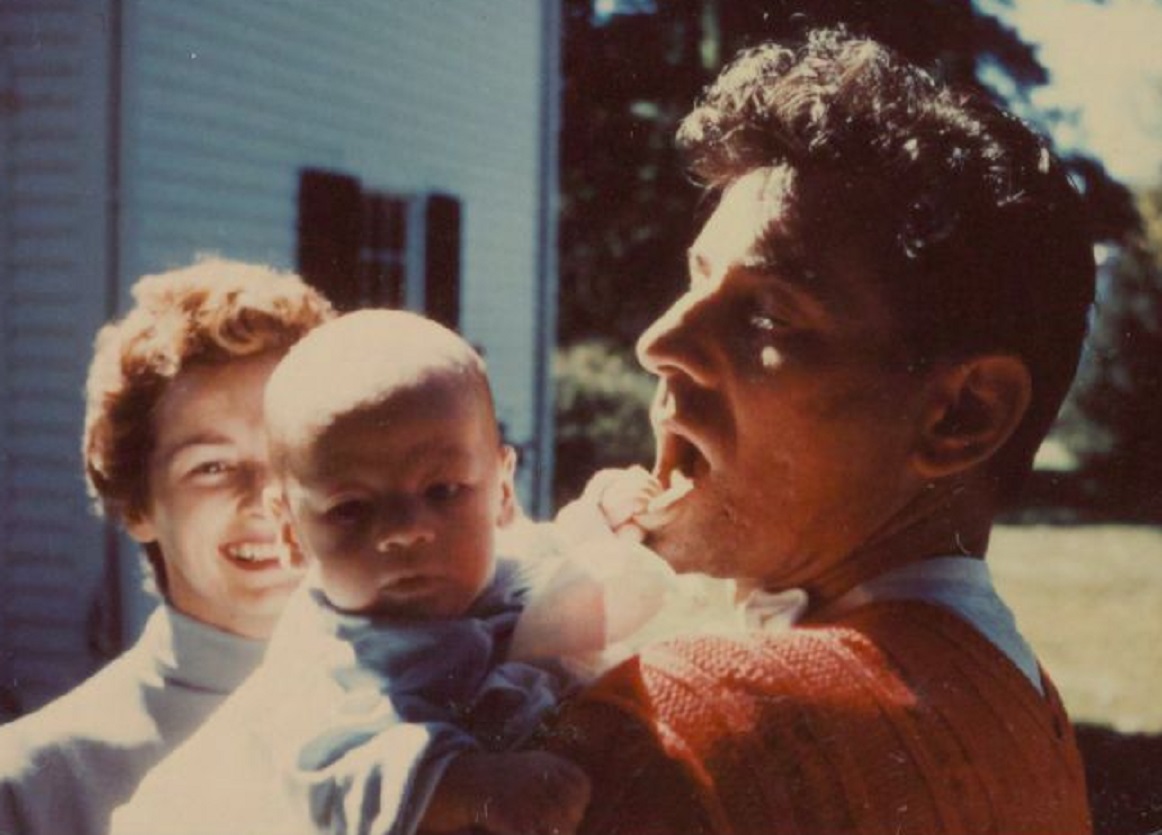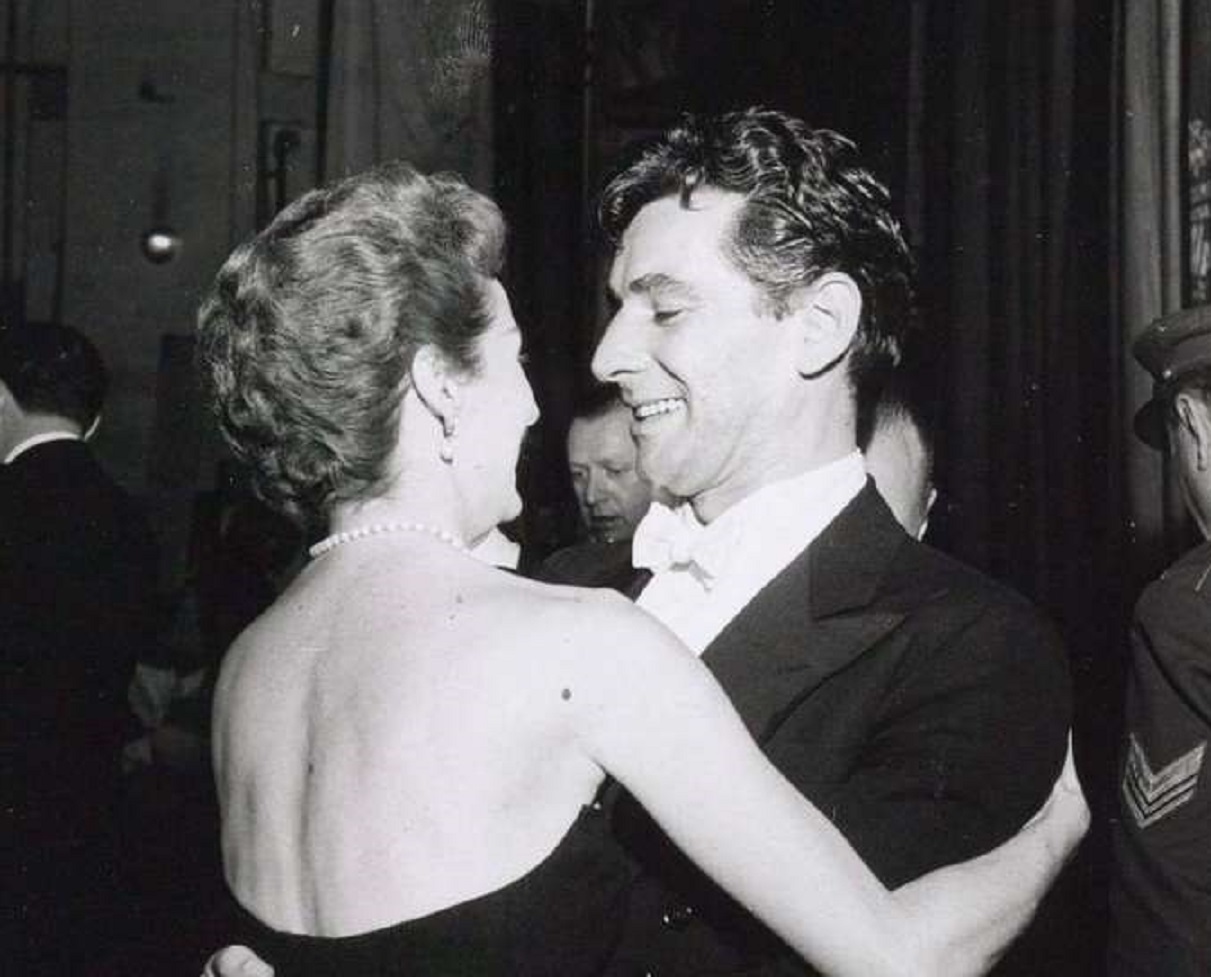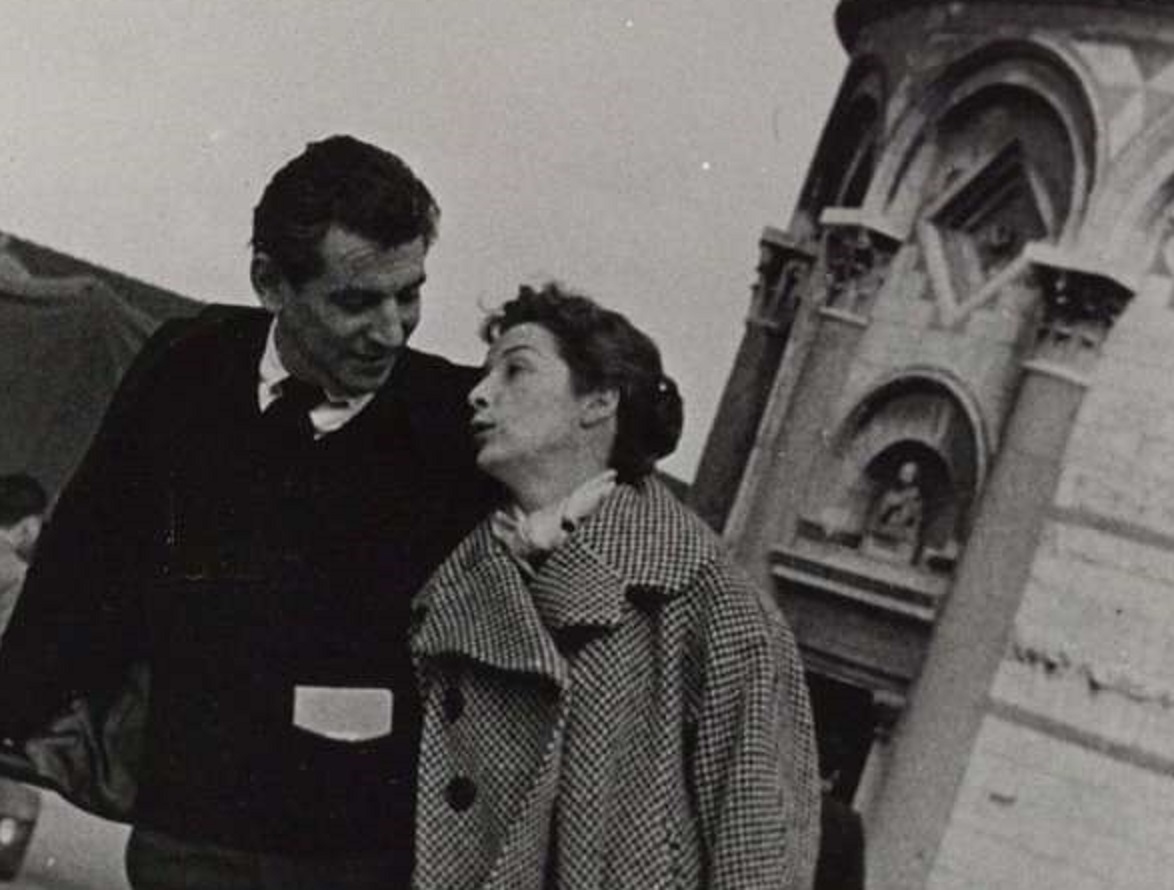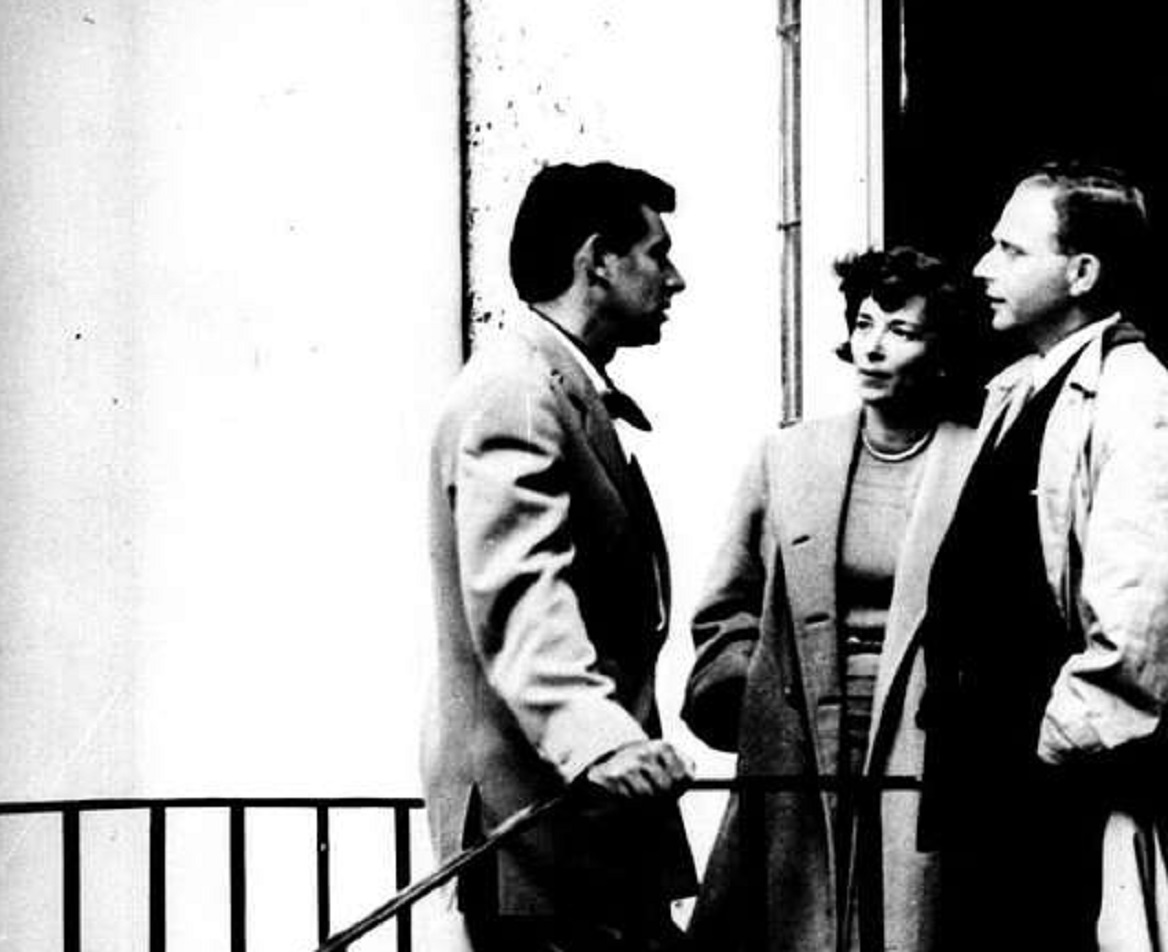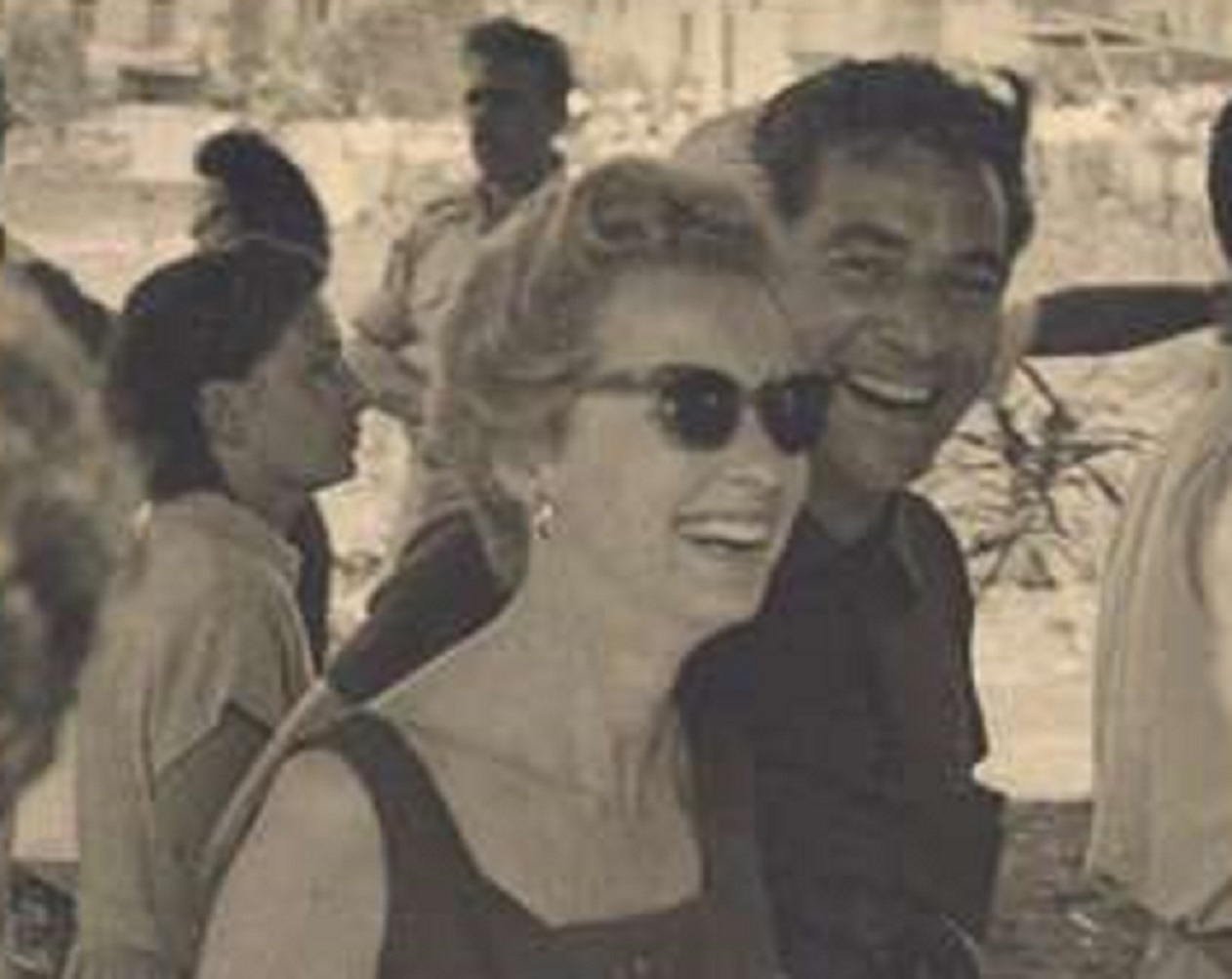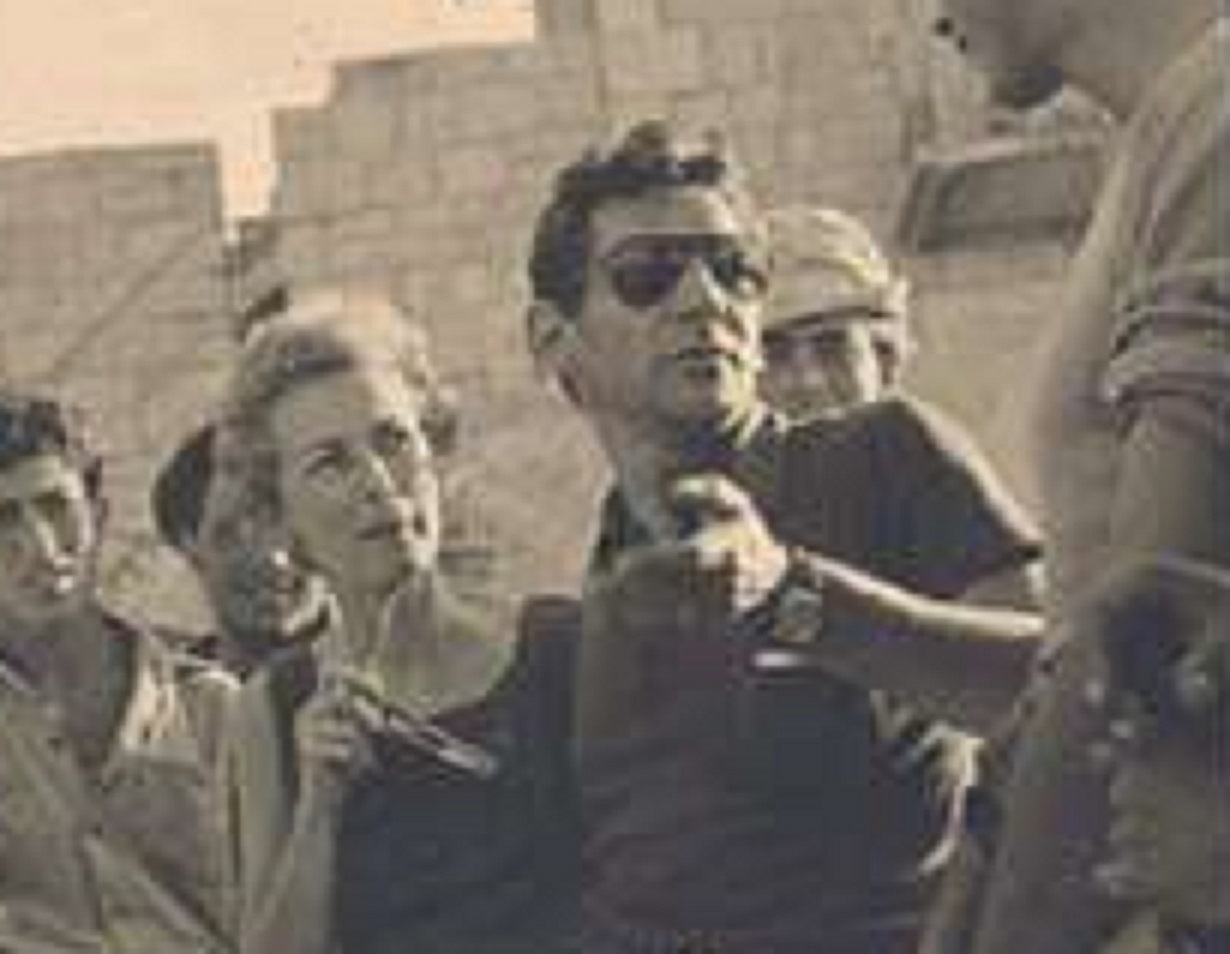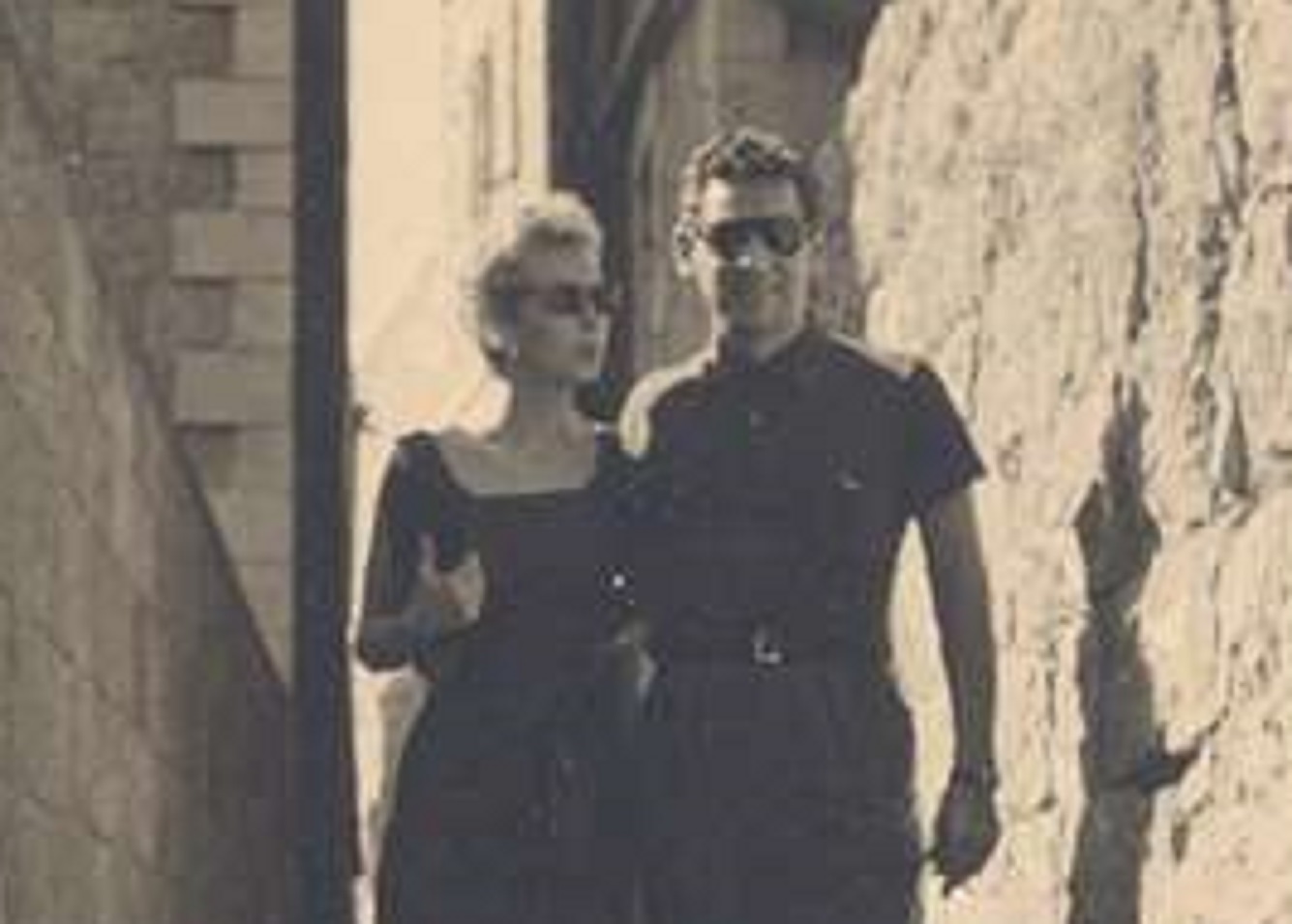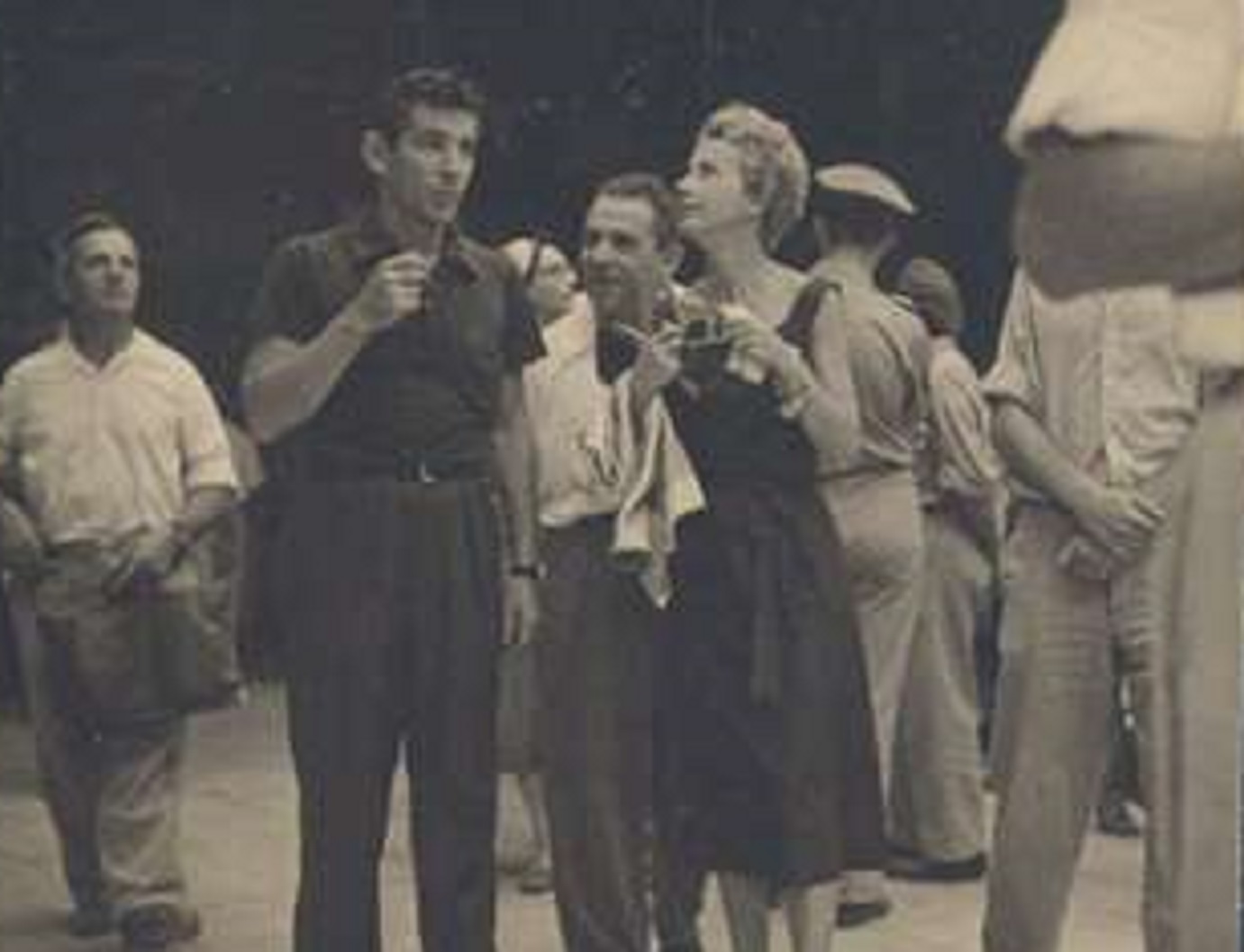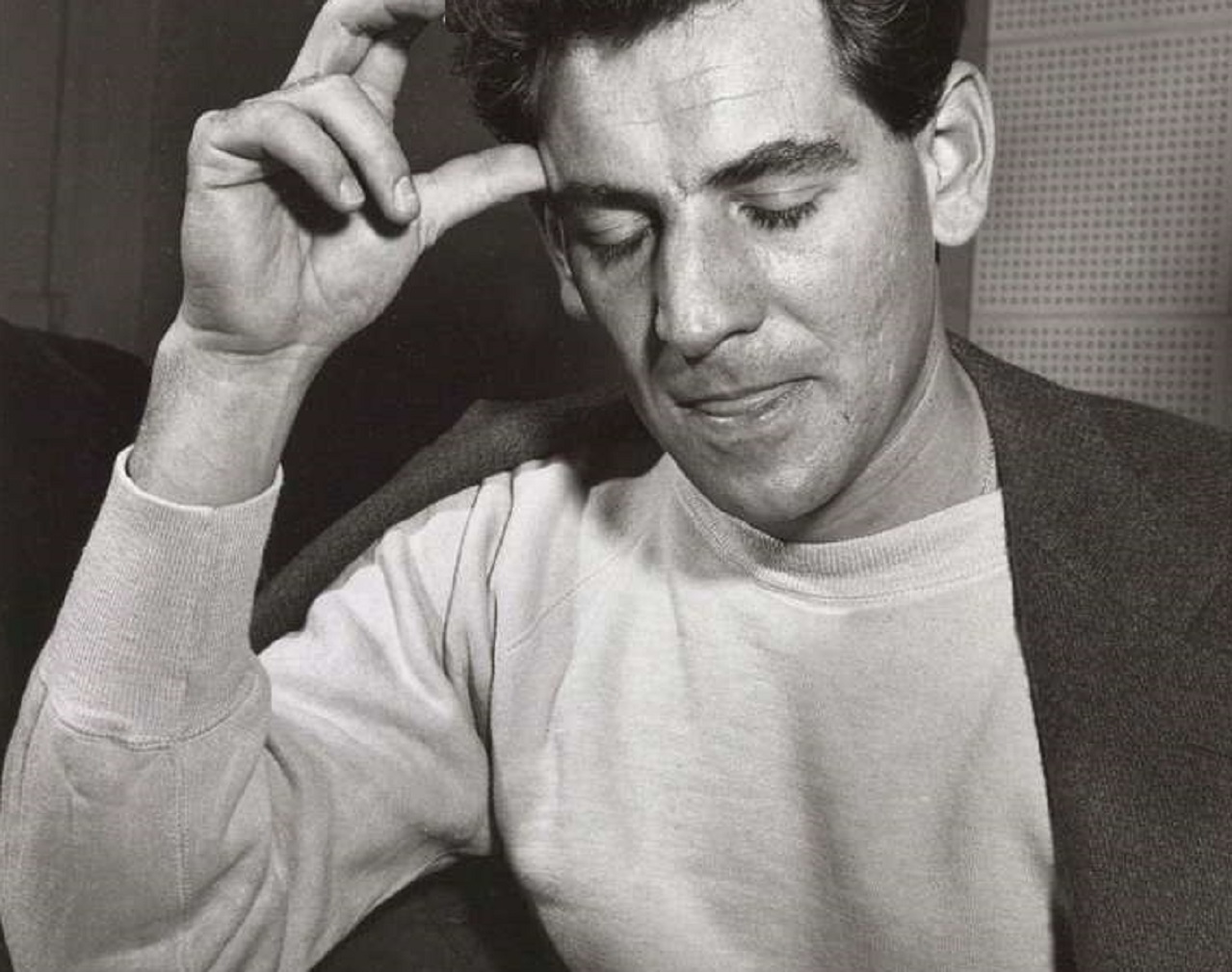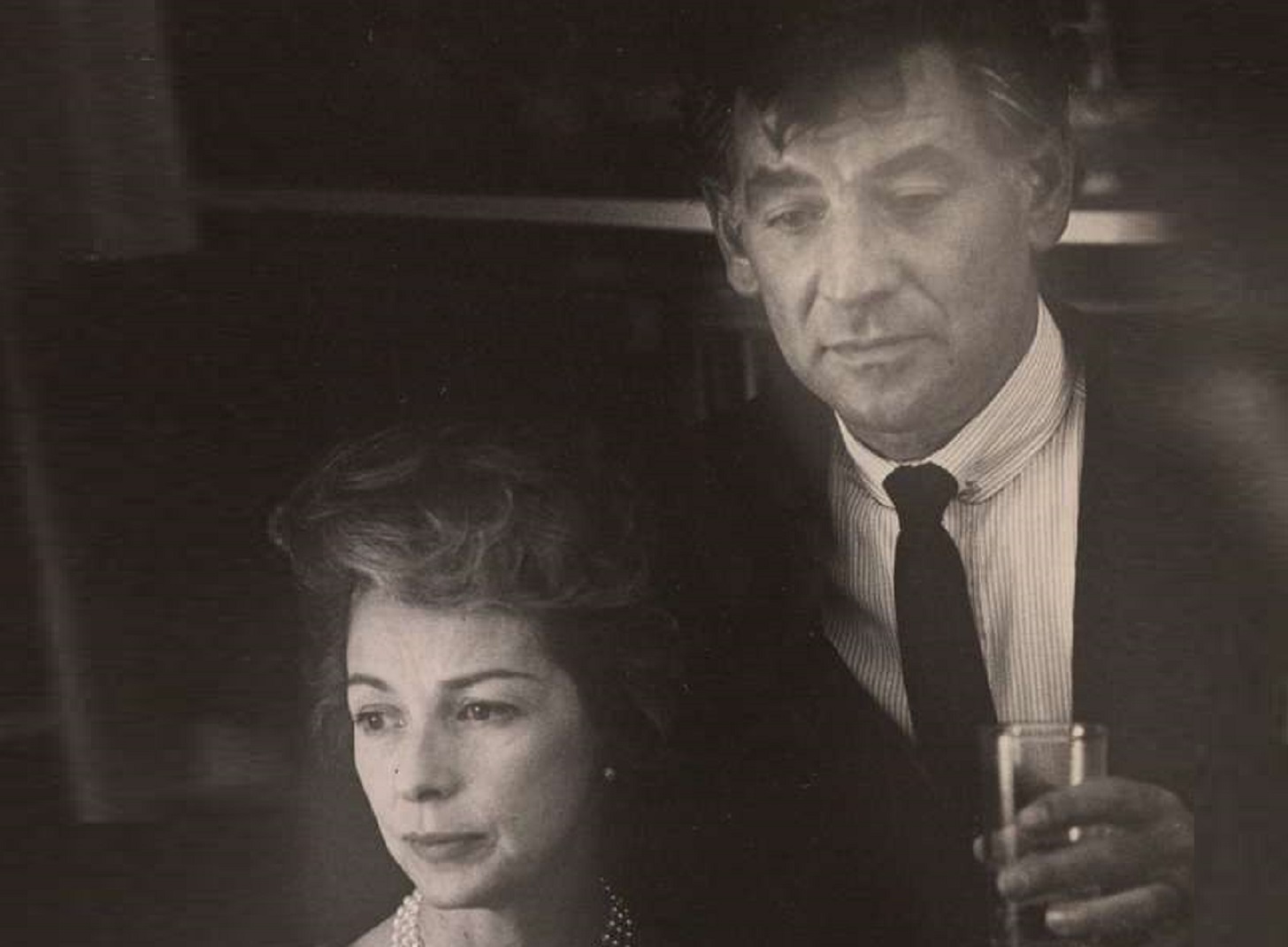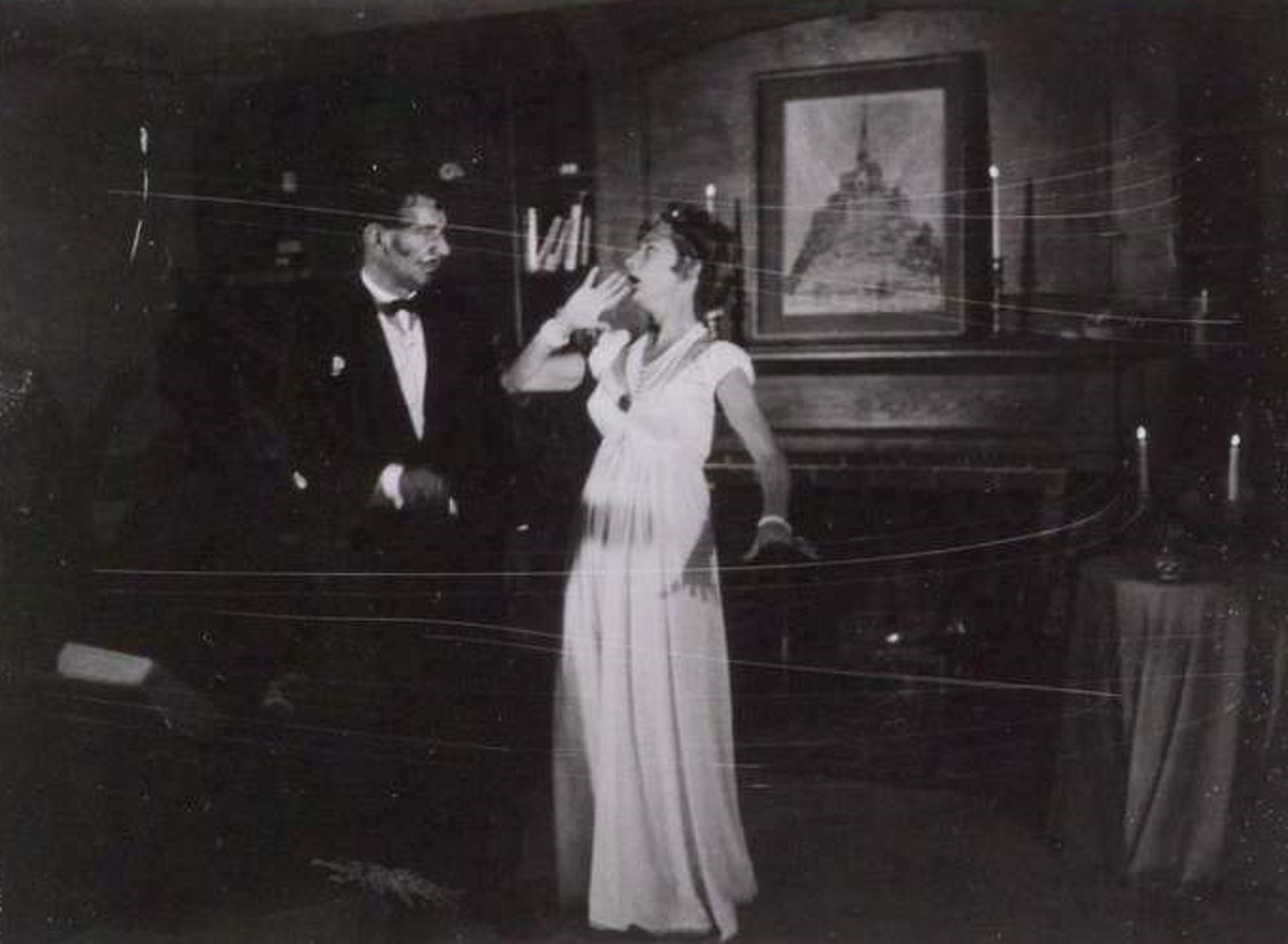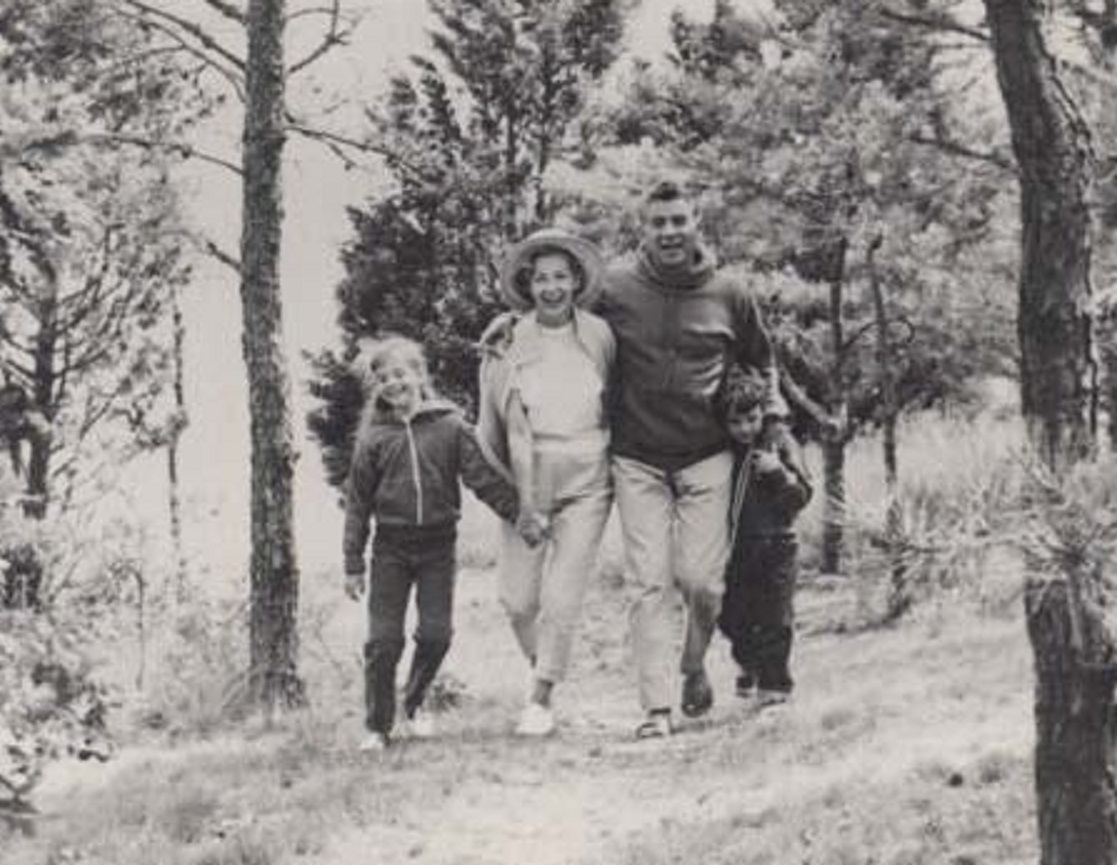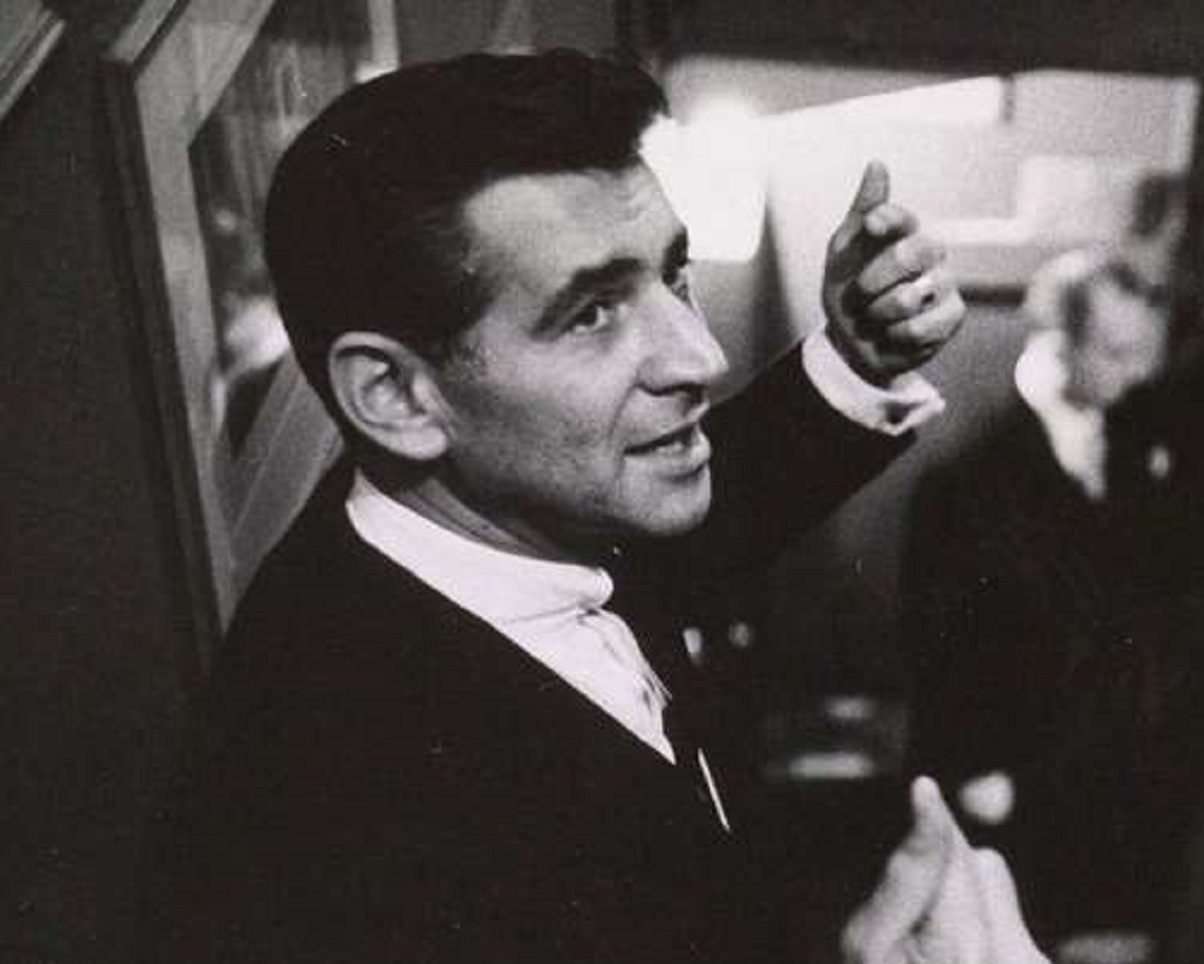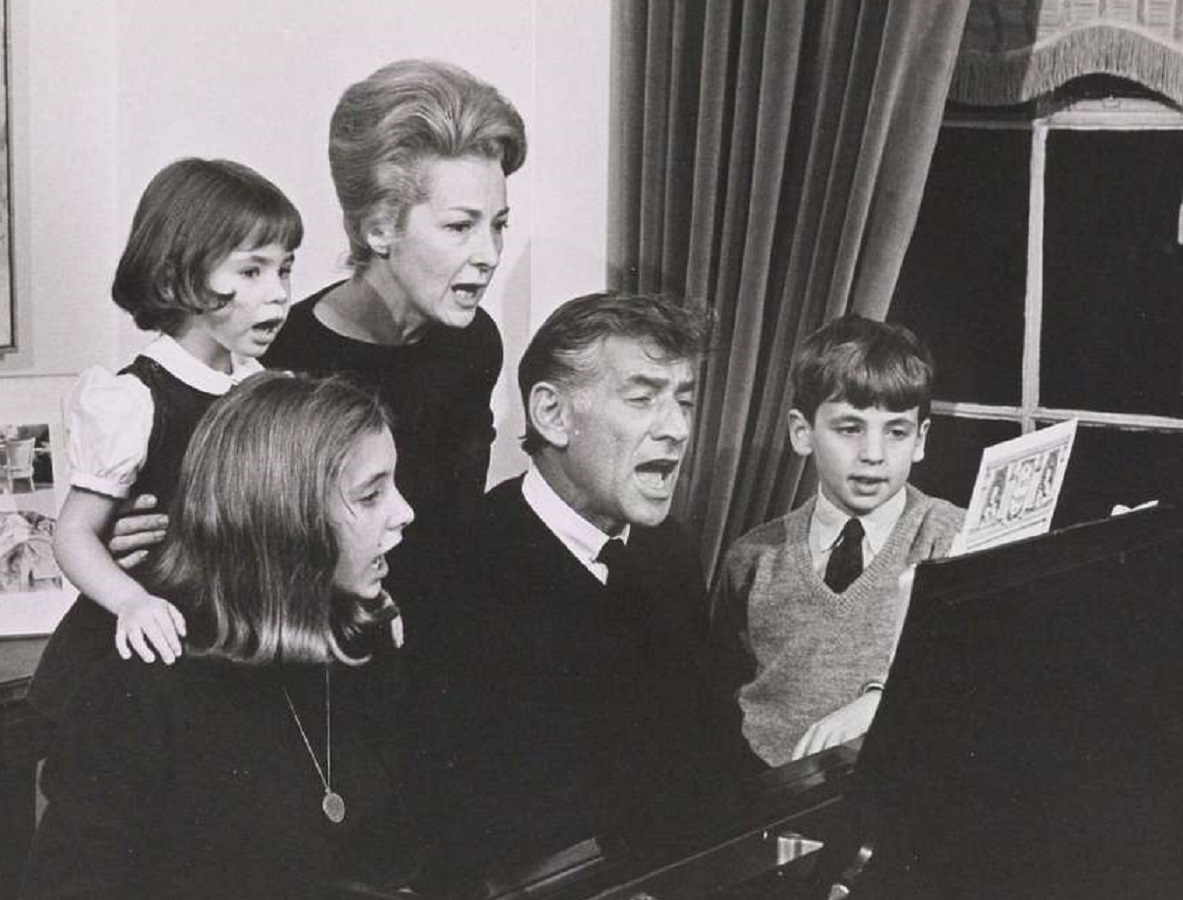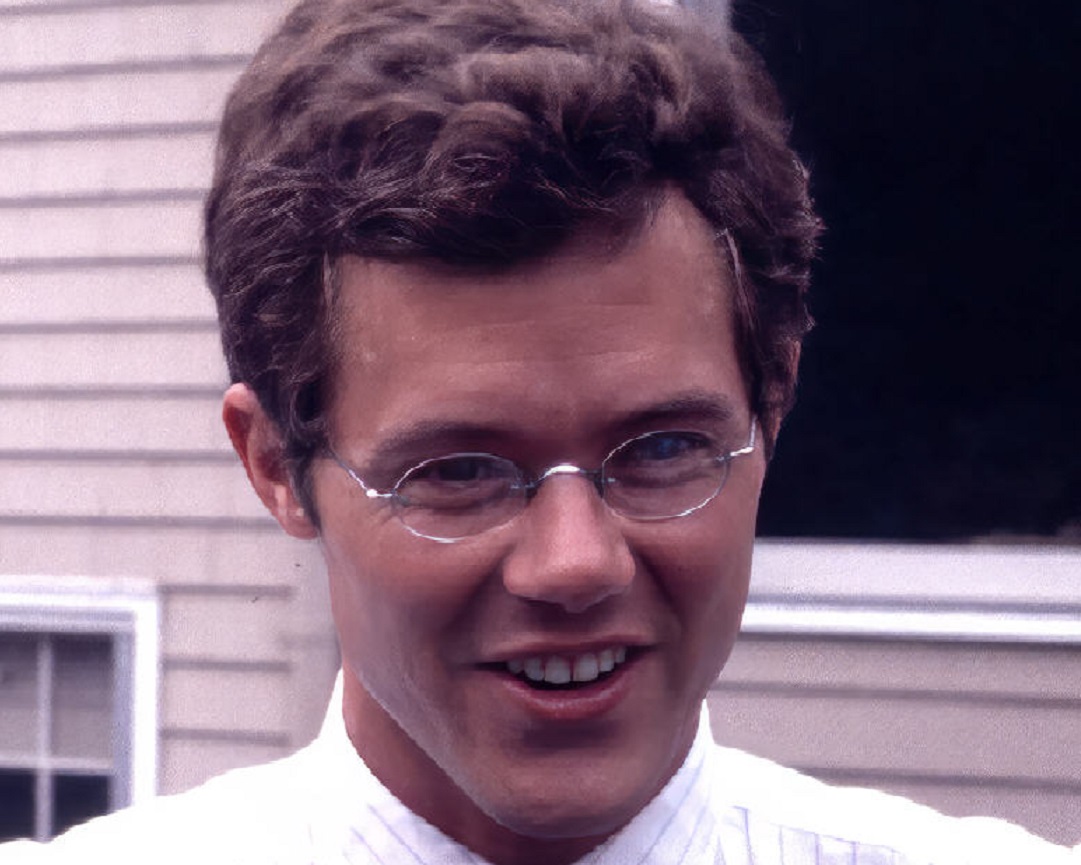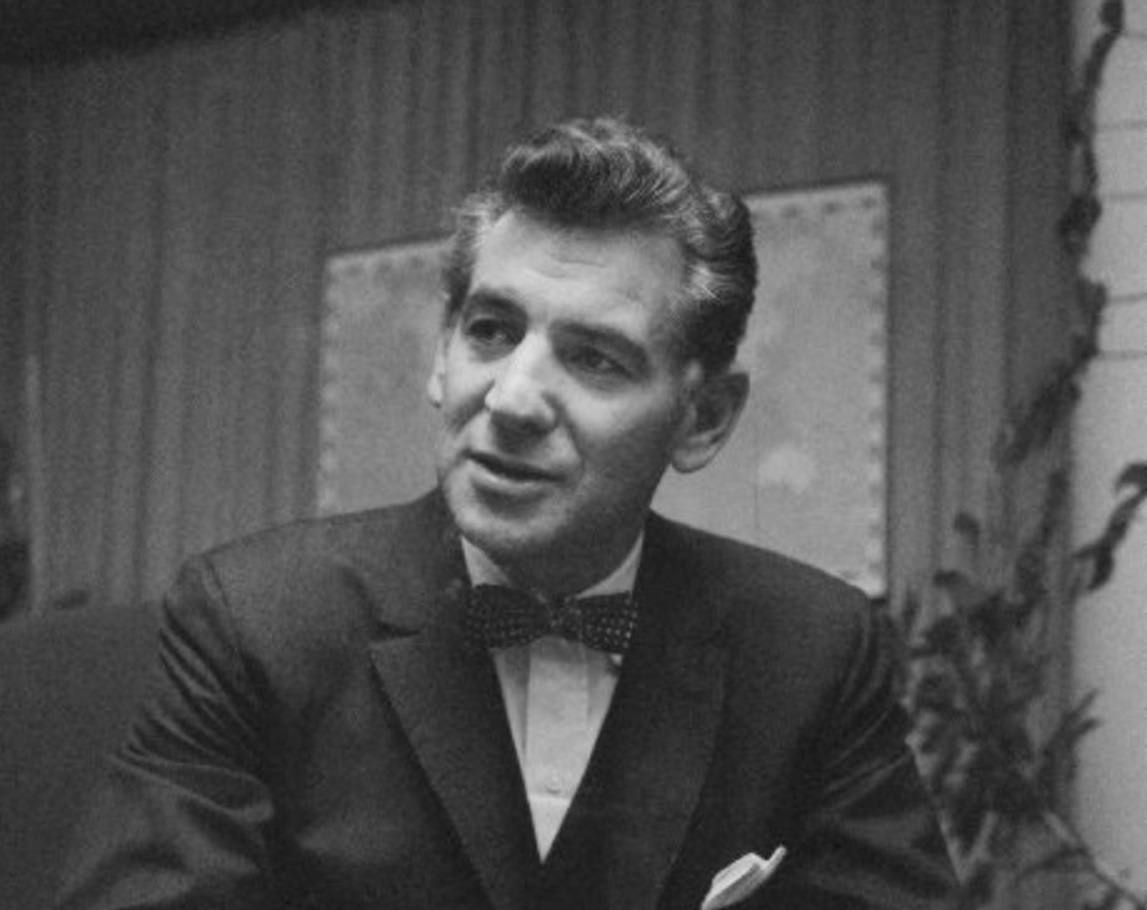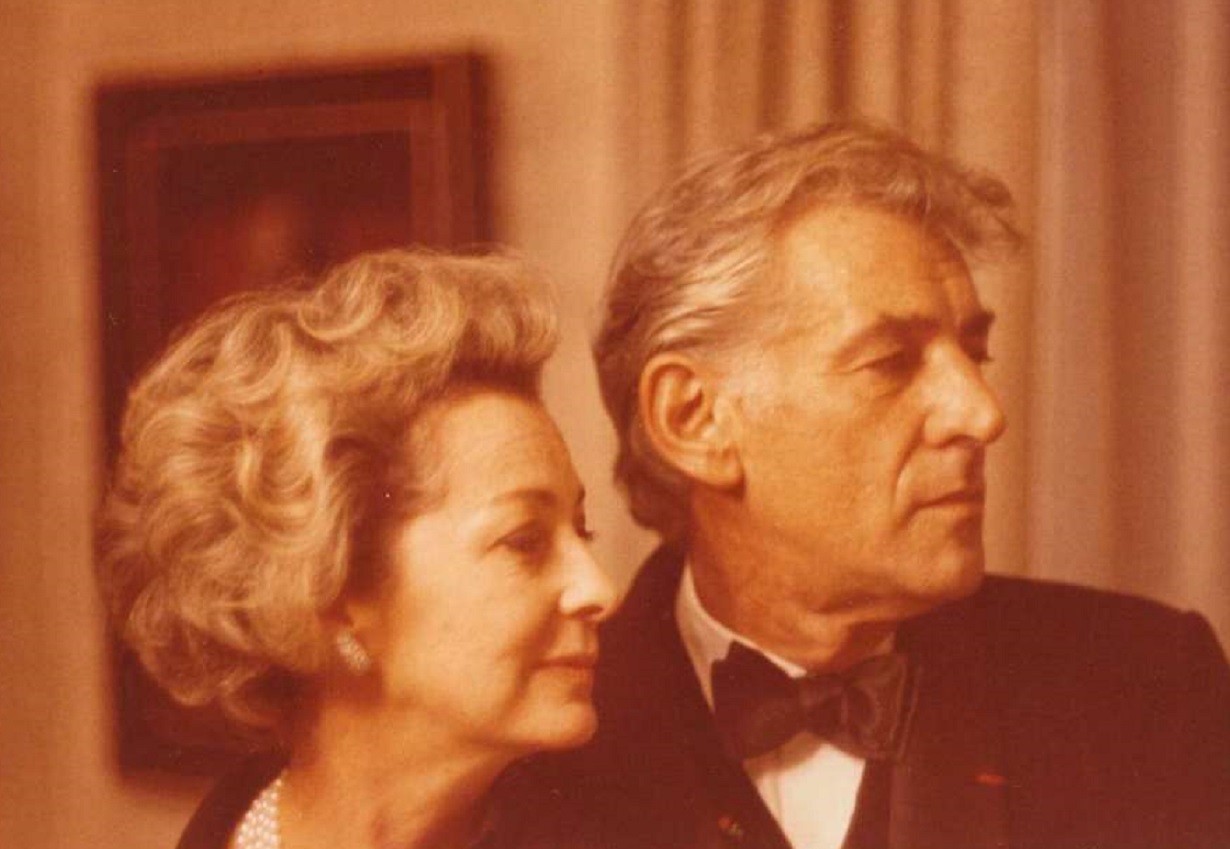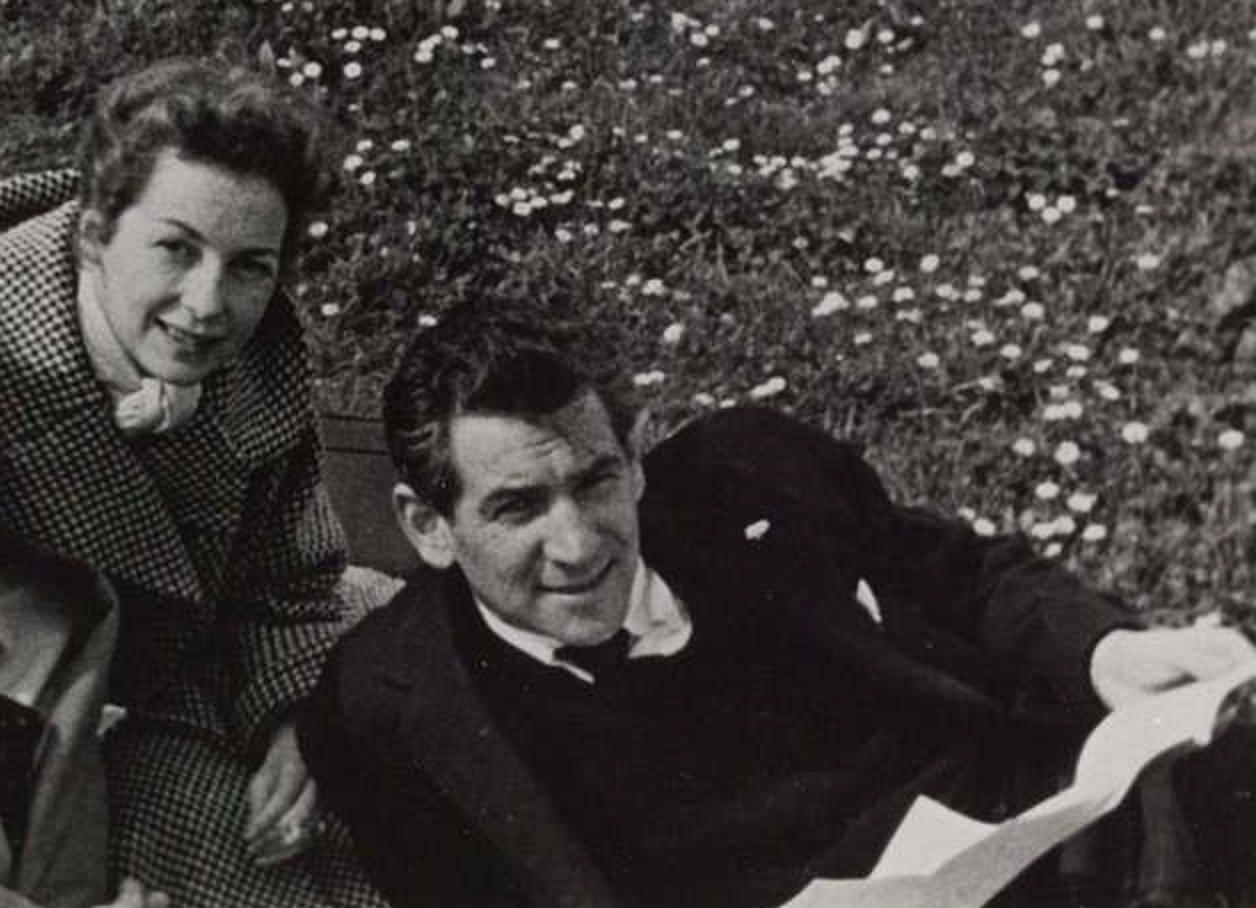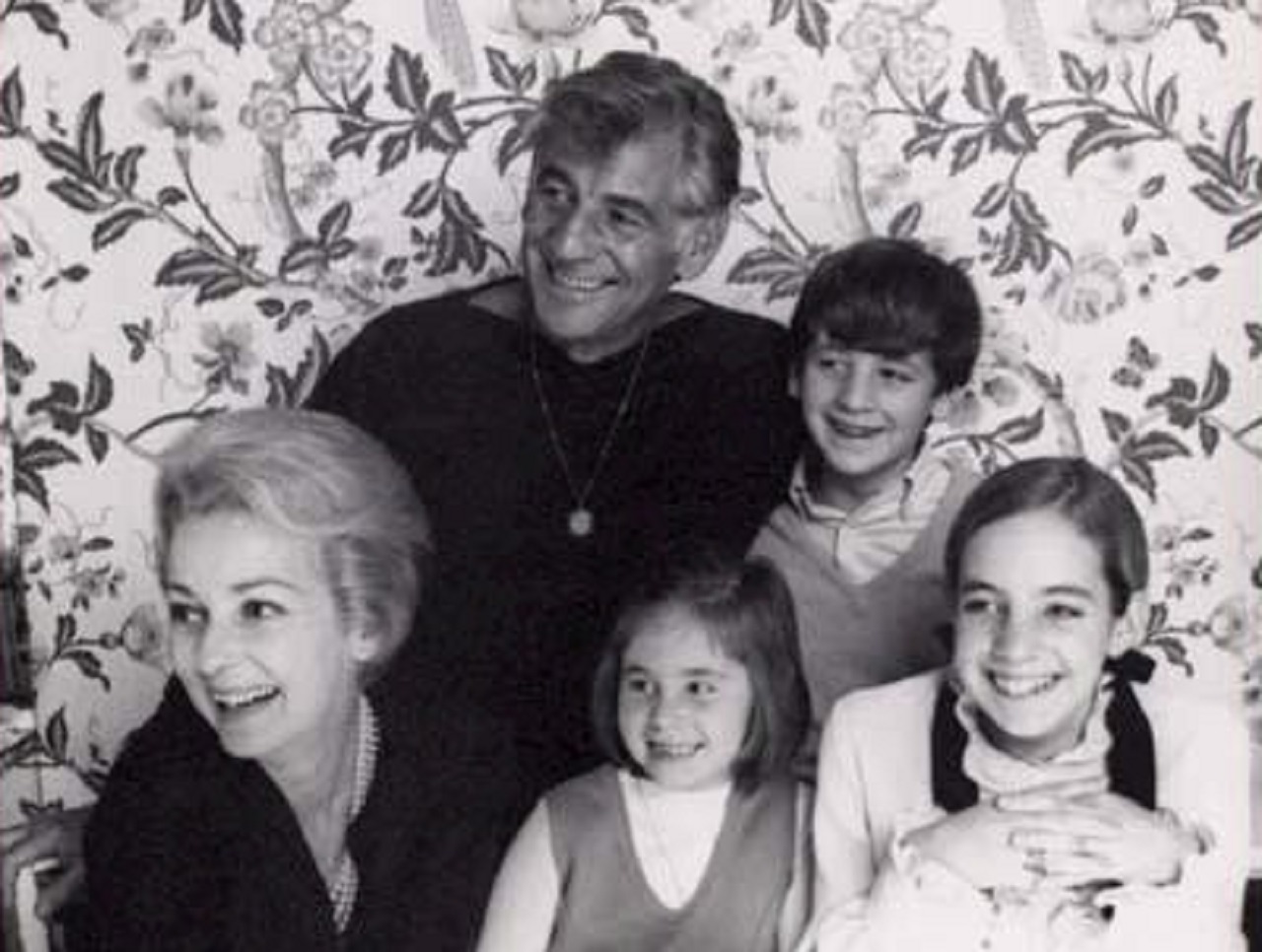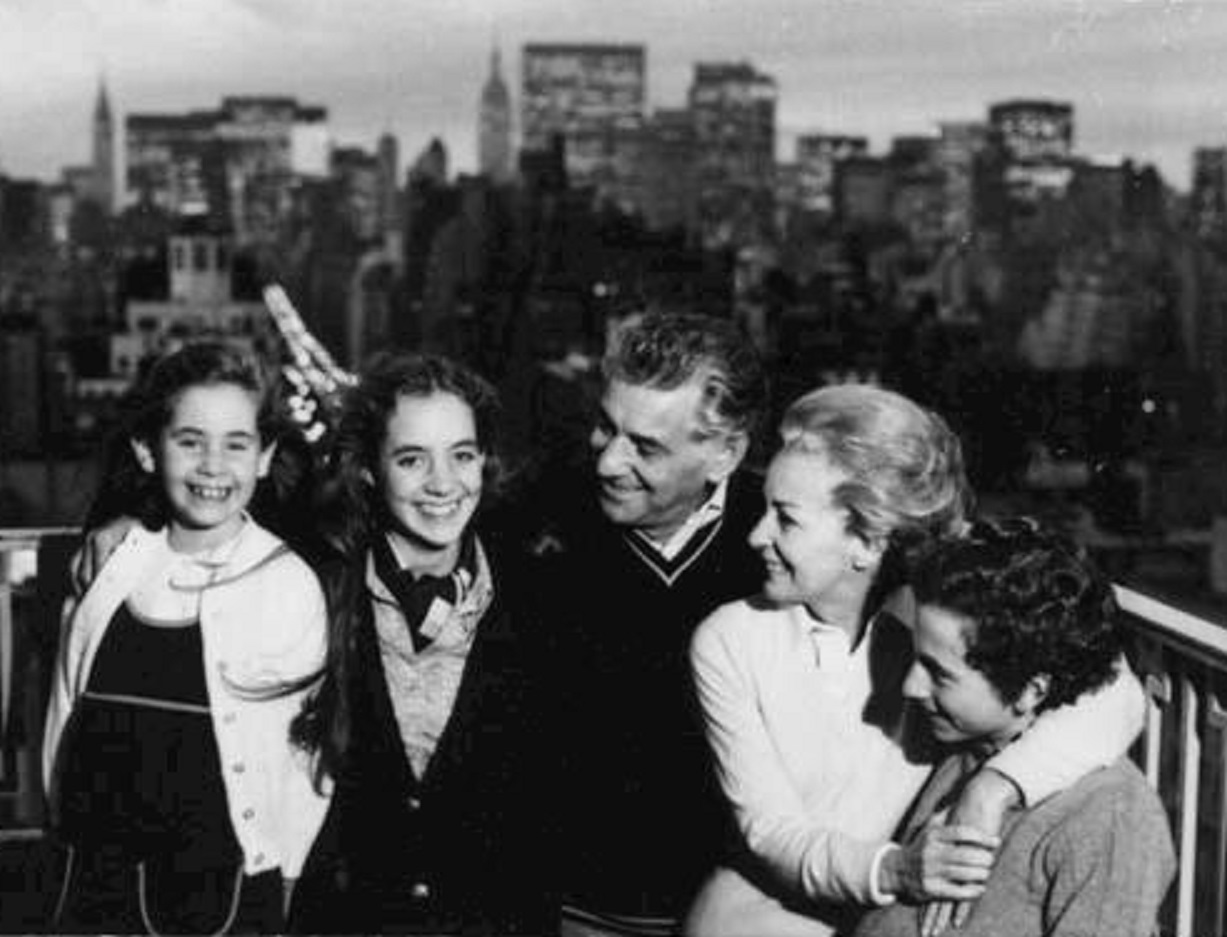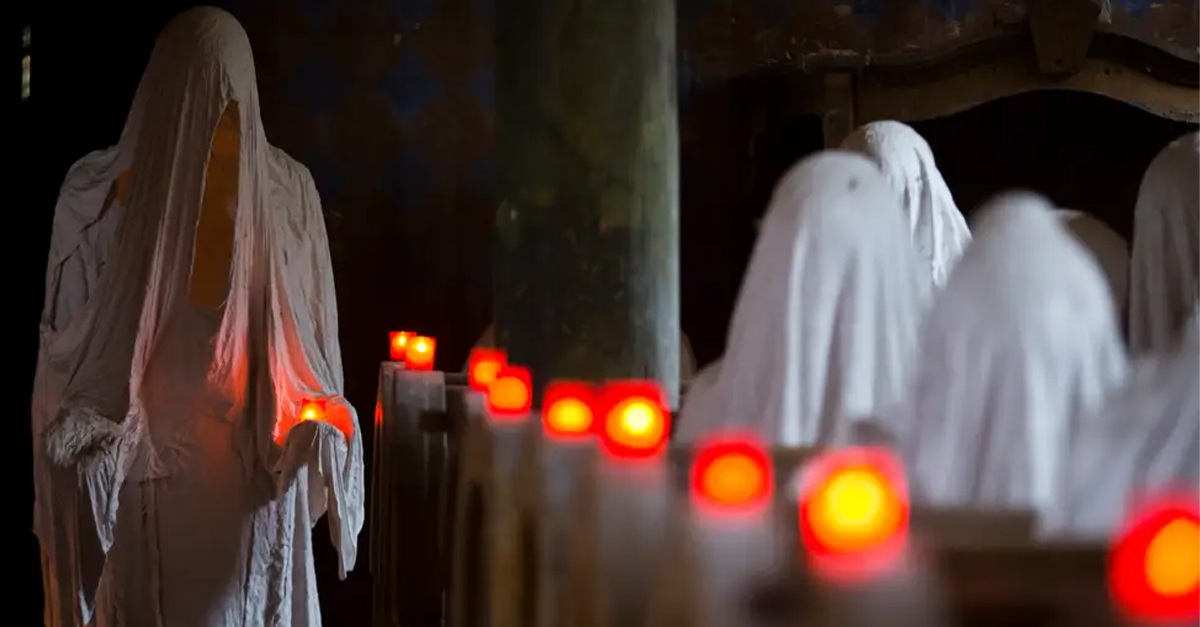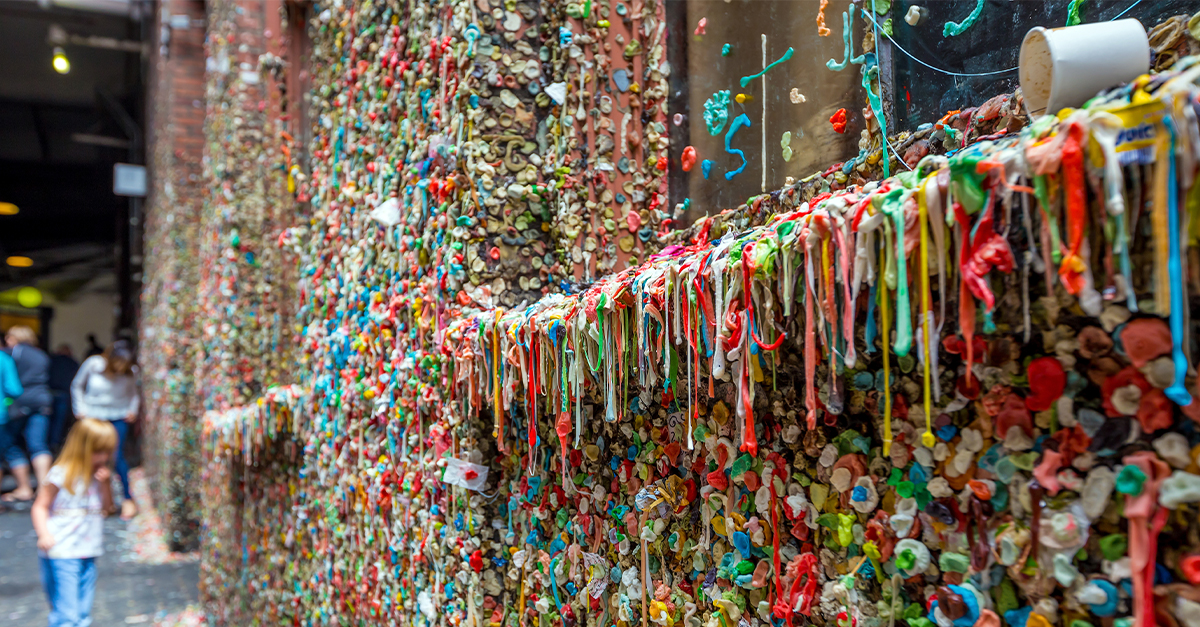1. She Was More Than A Wife
In her lifetime, Felicia Montealegre became known mostly as composer and conductor wife. However, with the new biopic Maestro, Montealegre has emerged as a compelling figure. Broadway star, political activist and fashion icon all describe Montealegre in her all too short life, but there’s so much more. Let’s lay out the facts on Felicia Montealegre and see this remarkable woman for who she really was.
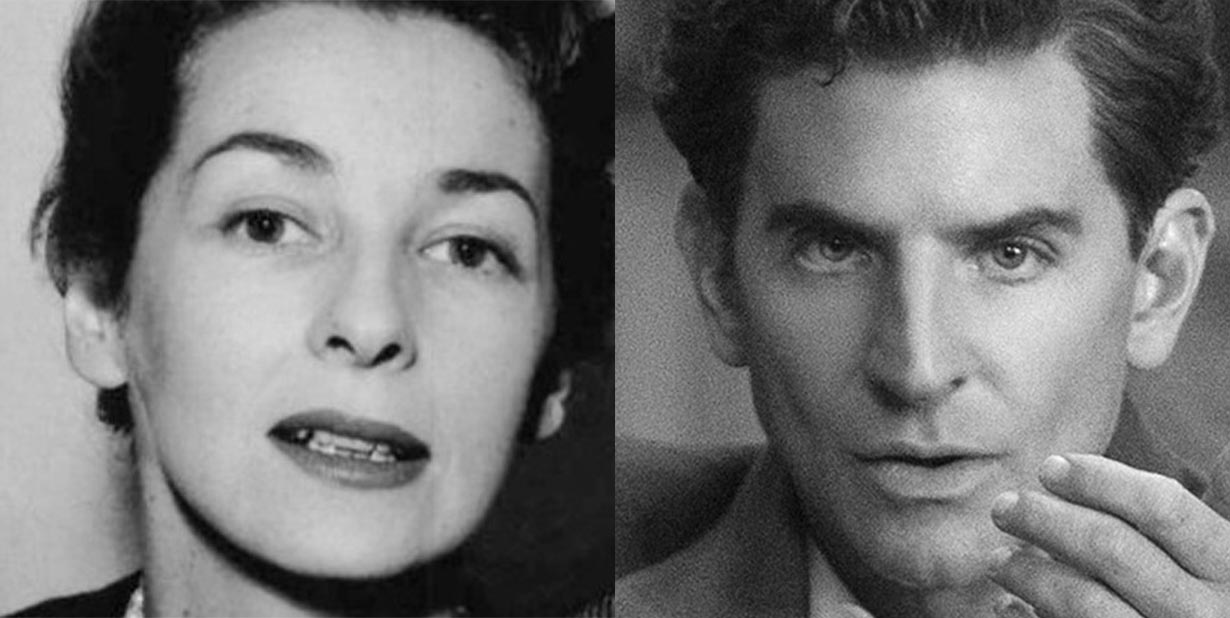
2. She Wasn’t American
Felicia María Cohn Montealegre came into this world in San José, Costa Rica on February 6, 1922. Her mother was the Costa Rican Clemencia Montealegre and her father was Roy Cohn, an American mine executive relocated to Costa Rica. The Montealegre name had panache in Costa Rica, as her great grandfather had been one of the top politicians there.
But while they had a name, Montealegre was about to have her privileged life in Costa Rica abruptly uprooted.
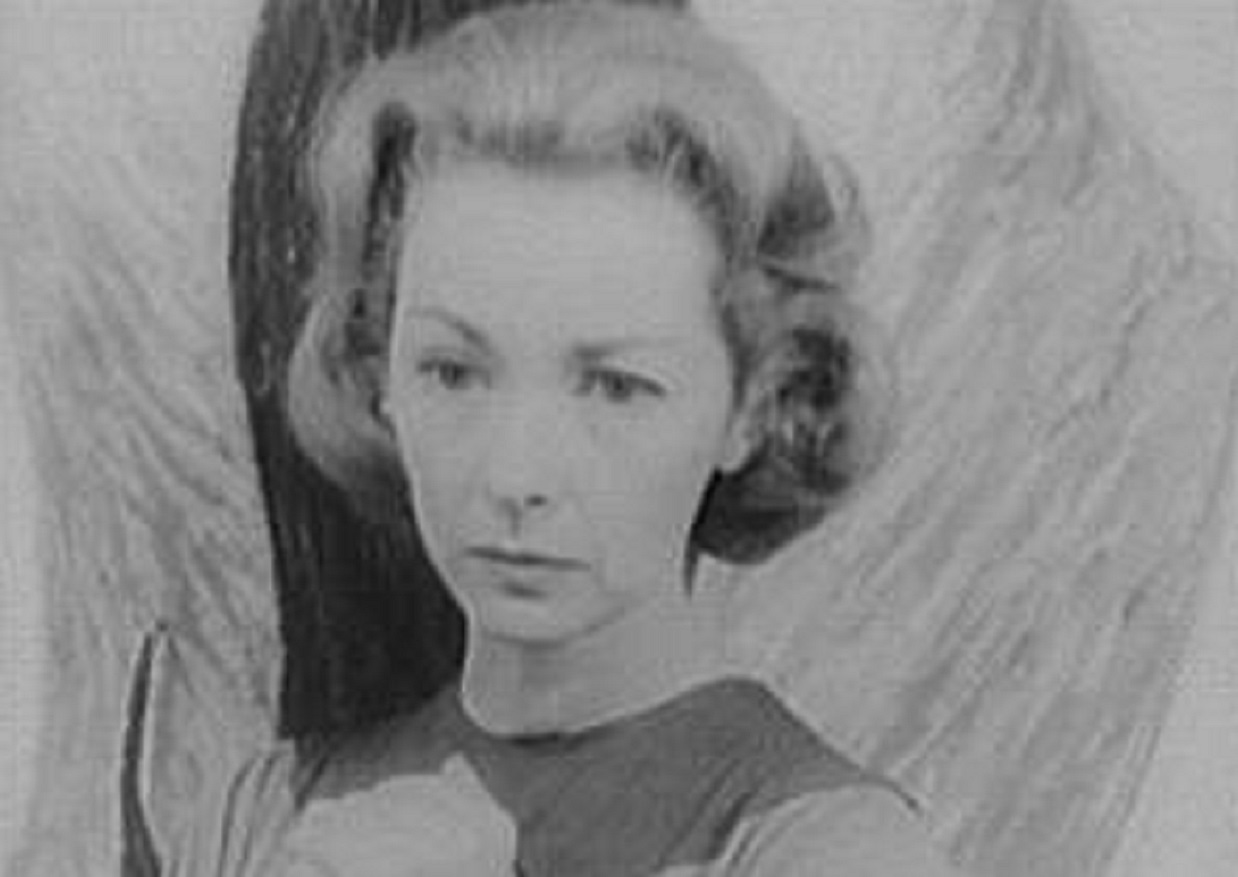 Carl Van Vechten, Wikimedia Commons
Carl Van Vechten, Wikimedia Commons
3. She Wanted To Be Somewhere Else
When Montealegre’s father got a transfer, the entire family packed up and moved to a new and challenging place. This was Santiago, Chile where mom tucked Montealegre and her two sisters safely away into a private Catholic British Convent school. Even with the posh school, Chile was not where Montealegre wanted to be.
She had her sights set on a place where she could fulfill her destiny.
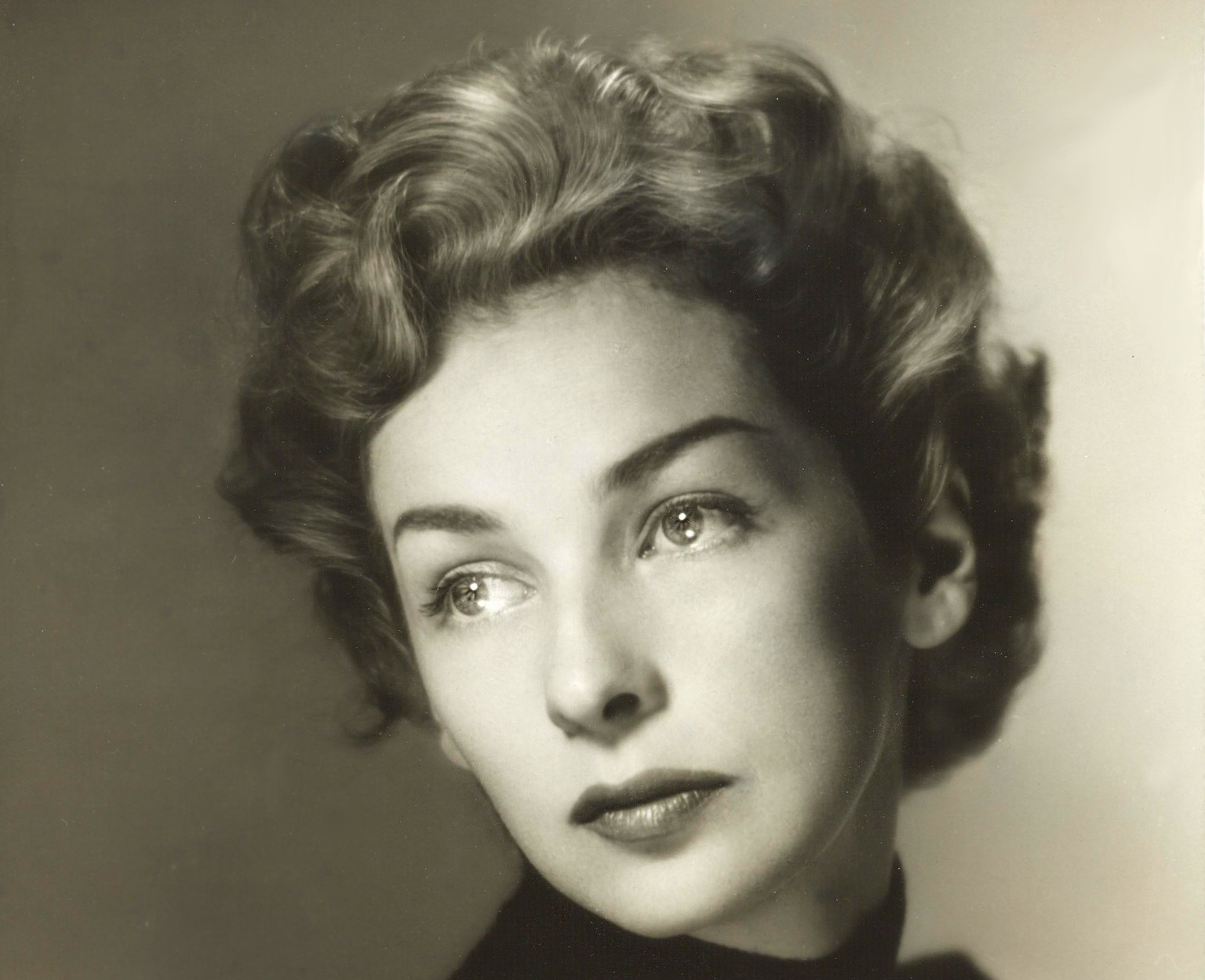 Unknown Author, Wikimedia Commons
Unknown Author, Wikimedia Commons
4. She Needed A Way Out
Felicia was very clear from her adolescent years, she wanted to move to America and pursue her dream of becoming an actress. Unfortunately, her parents were not on board. They said that if she wanted to be an artist, she would have to be the proper kind—like a musician or painter.
Montealegre listened to them and smiled sweetly, while she was scheming to find a way out.
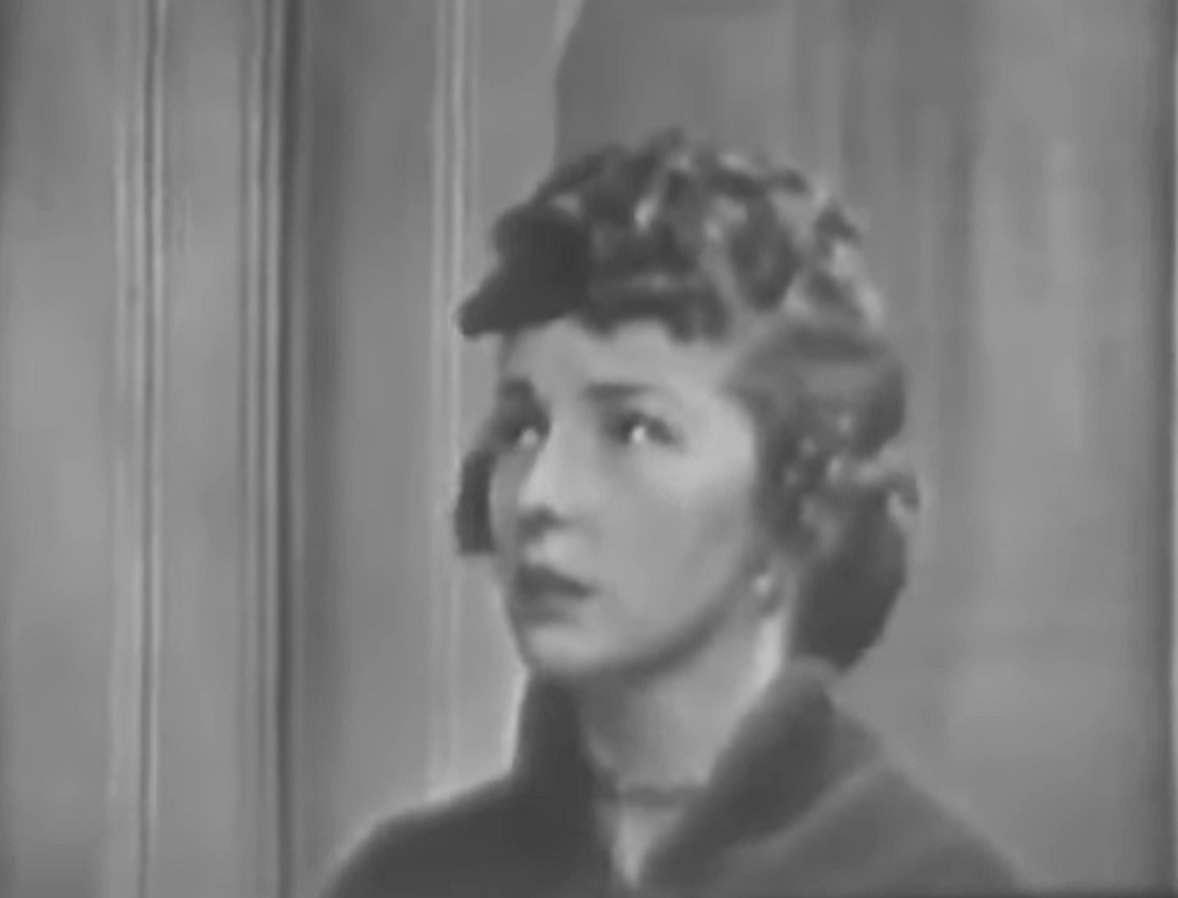 CBS, Studio One - Of Human Bondage (1949)
CBS, Studio One - Of Human Bondage (1949)
5. She Had A Proposal
When she was 21, Montealegre told her parents she would move to America and study the piano. When they objected, she reminded them that they had a famous pianist friend in New York named Claudio Arrau and he could be her teacher. Her parents could hardly say no, and off she went.
Little did her parents know, Montealegre had a completely different plan once she hit the Big Apple.
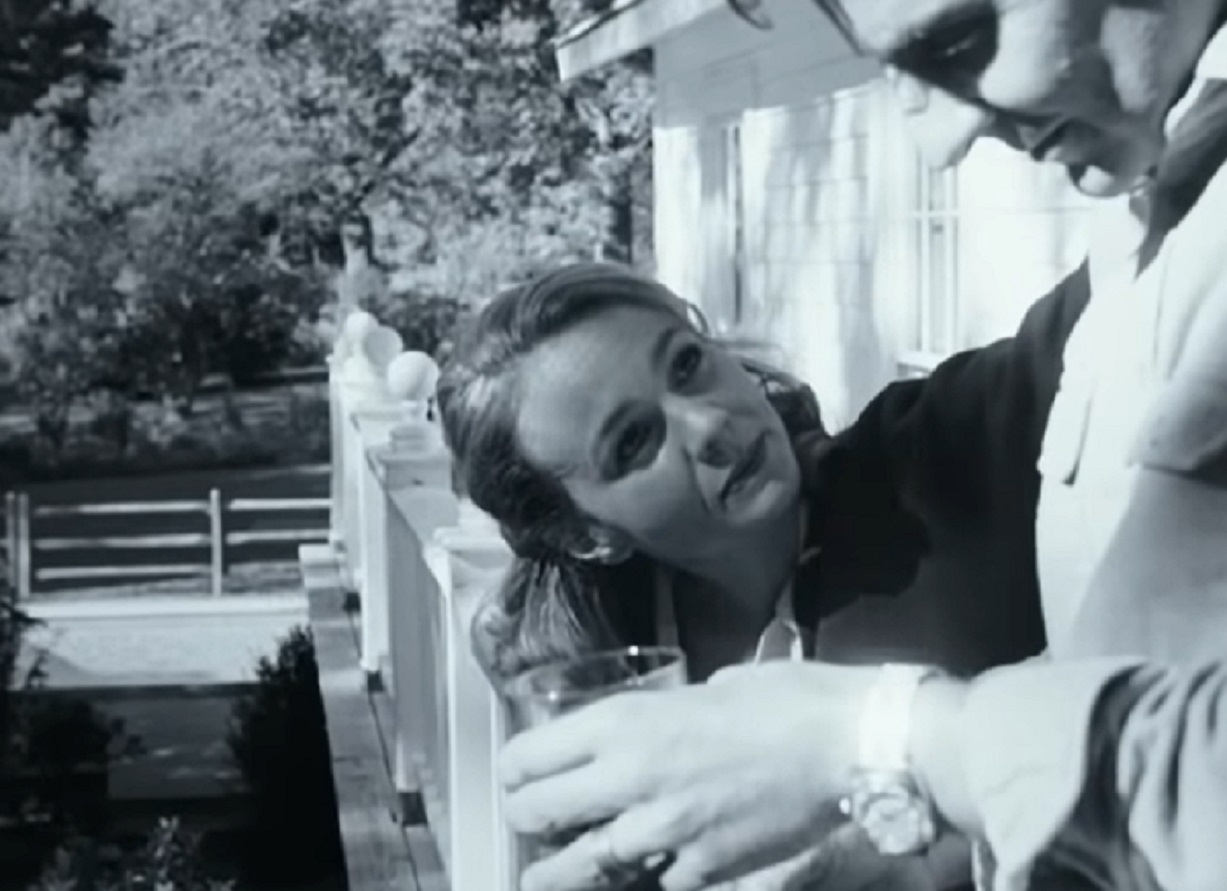 Amblin Entertainment, Maestro (2023)
Amblin Entertainment, Maestro (2023)
6. She Followed Her Dream
When Montealegre arrived in America, she did check in with Arrau and even took some lessons. But she had a secret plan she kept from her parents. She enrolled in acting classes and then changed her name. She wanted something that sounded less like a pianist and more like an actor.
She dropped her middle and father’s name and simply used Felicia Montealegre. Now she was ready to slay Broadway.
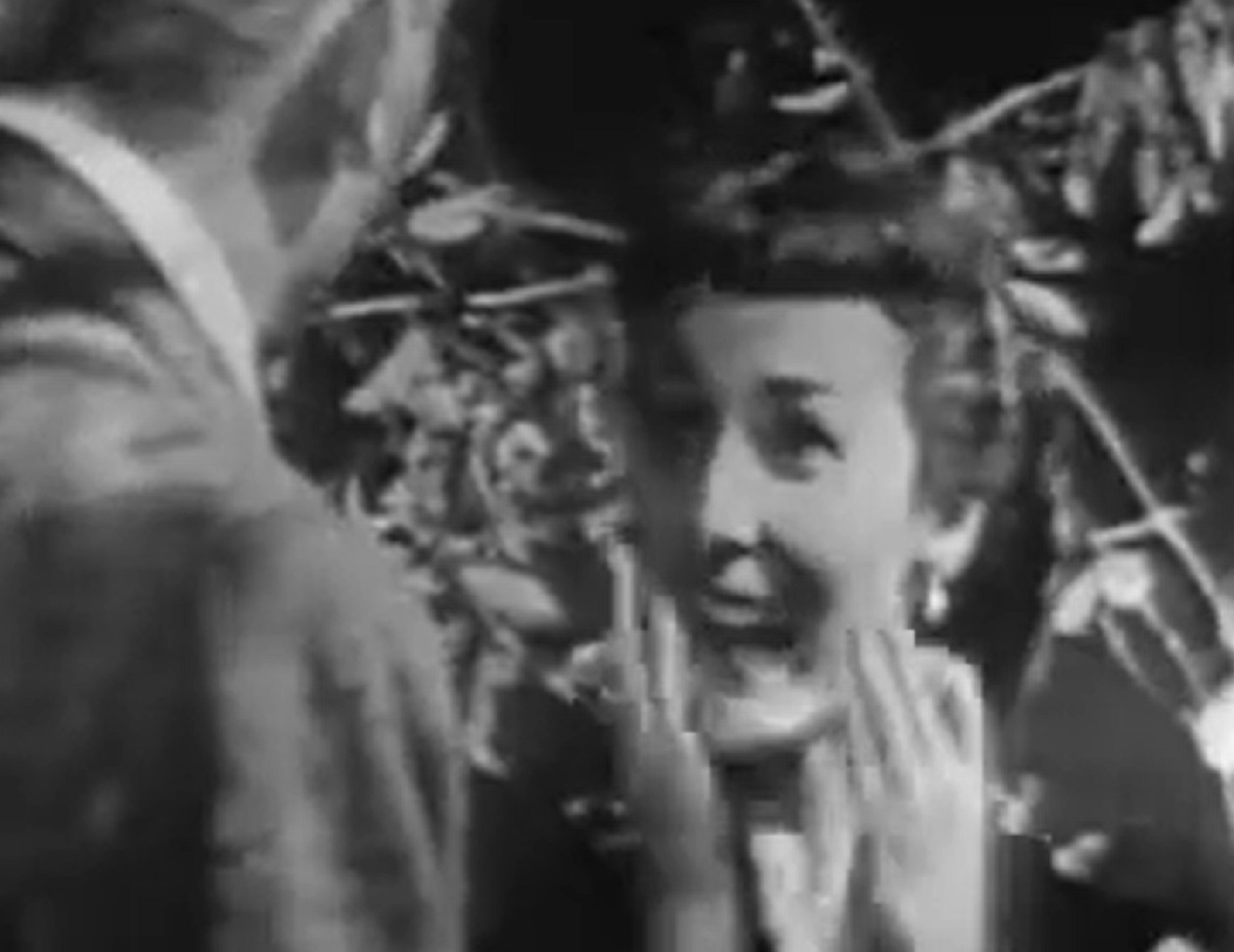 CBS, Studio One - Flowers From A Stranger (1949)
CBS, Studio One - Flowers From A Stranger (1949)
7. She Hit The Stage
Once she finished acting school, she worked hard and found that she loved being on stage. Very soon, on July 20, 1946, all this would pay off. She landed her first role in a Broadway play just two years after arriving in America. She’d done it. She’d duped her parents and left the piano far behind her.
That’s when the pianist Arrau came suddenly back into her life.
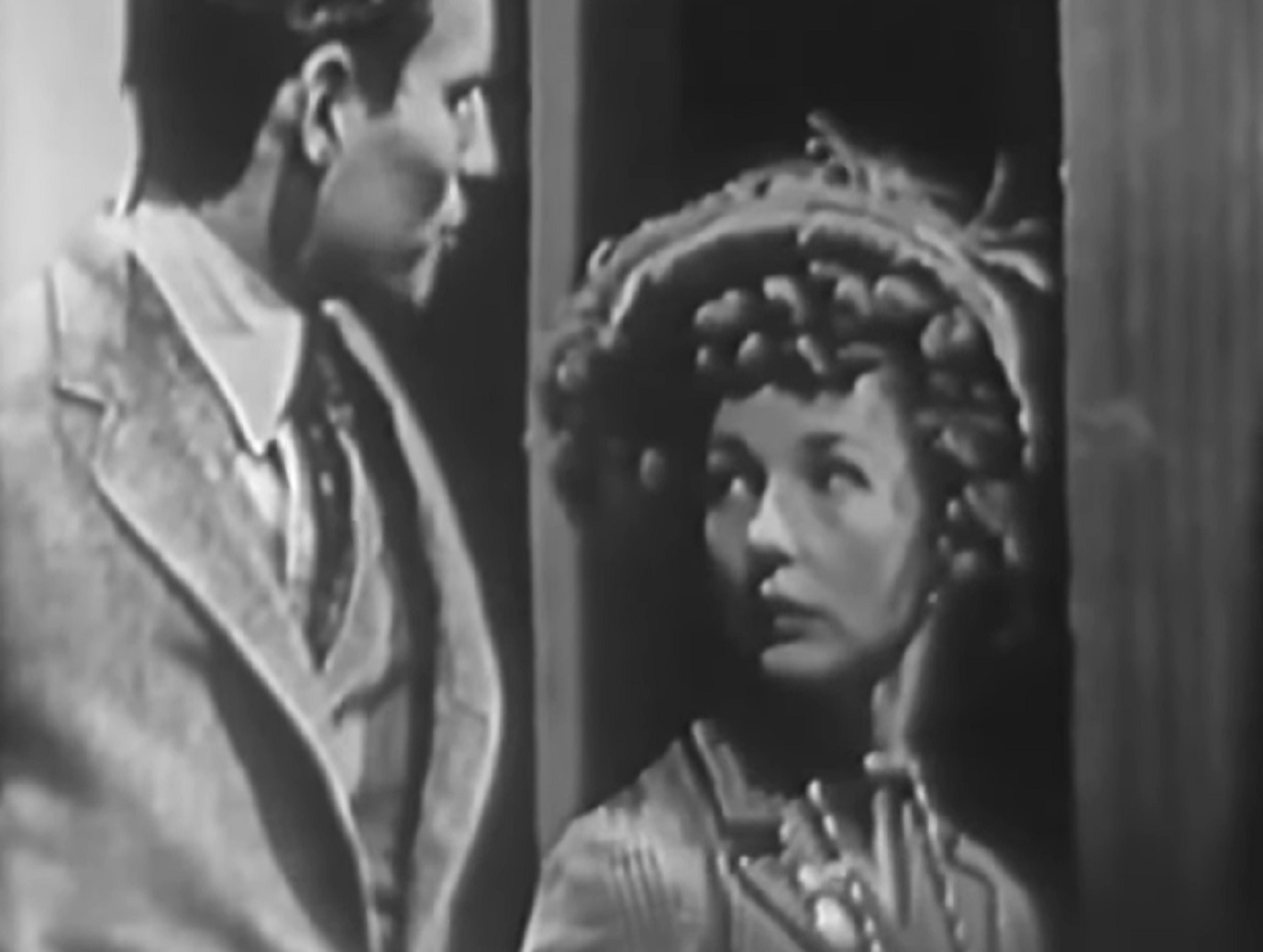 CBS, Studio One - Of Human Bondage (1949)
CBS, Studio One - Of Human Bondage (1949)
8. She Stared
Arrau didn’t actually care if Montealegre wanted to study the piano or not. He just wanted to be a friend. In 1946, he invited her to watch him perform, but Montealagre spent most of the time staring at the handsome conductor. This was none other than the very talented Leonard Bernstein. What troubled Montealegre was that she’d definitely heard his name before.
Then she suddenly remembered why.
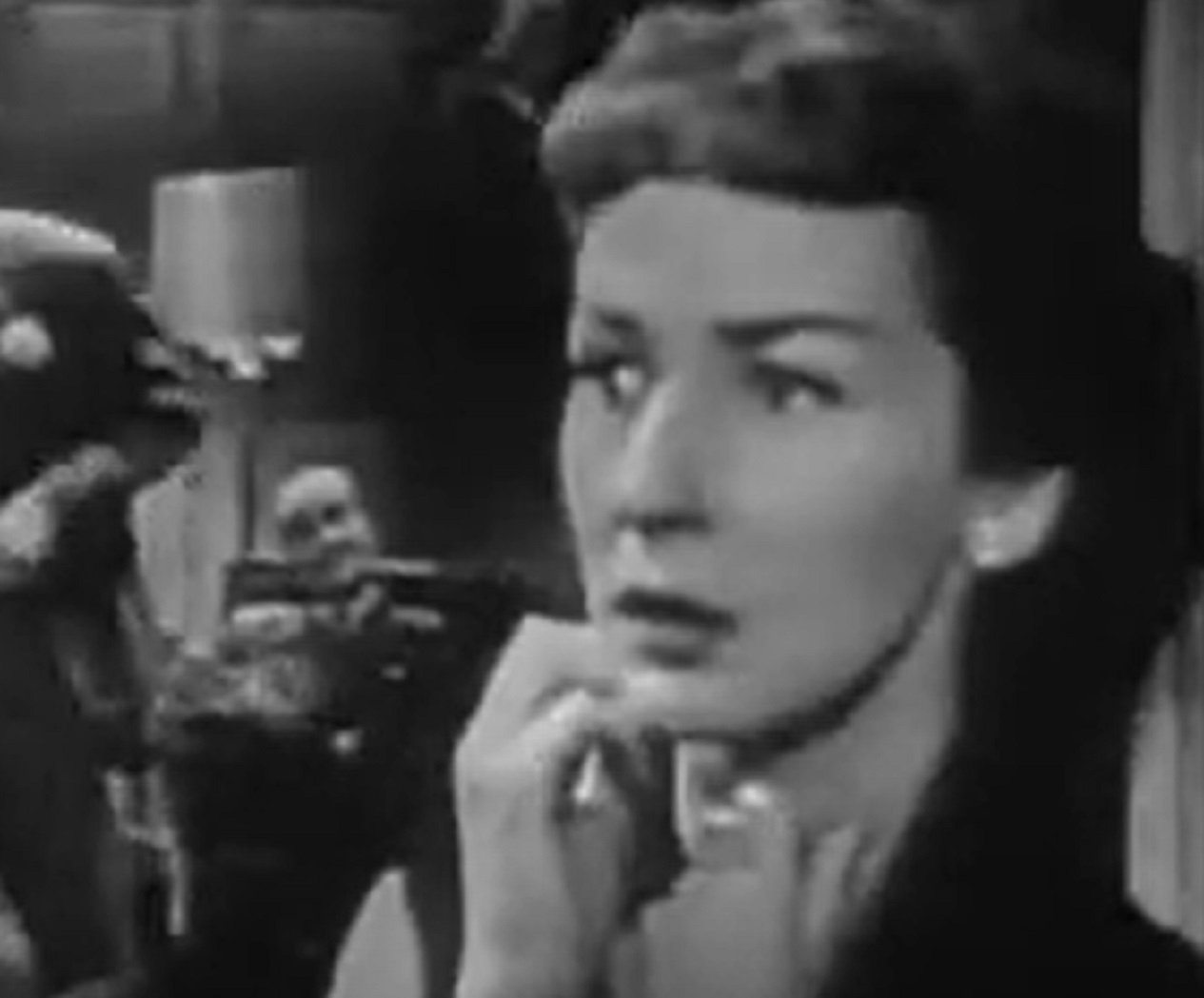 CBS, Studio One - Flowers From A Stranger (1949)
CBS, Studio One - Flowers From A Stranger (1949)
9. She Was Smitten
A while back, a friend had mentioned Bernstein to Montealegre as a potential romantic match. At the time, Montealegre was too busy planning her attack on Broadway, but seeing him in person had changed all that. She was quite the smitten kitten and desperately needed to know if he could possibly feel the same way about her.
10. It Was A Whirlwind
When they met later at a party, Montealegre sensed that Bernstein was feeling something special for her as well. You could call it love at “almost” first sight. Their desire for each other was so great that by the end of the year, after a whirlwind romance, they hastily announced their engagement.
Montealegre was on cloud nine—but this cloud would soon turn dark and stormy.
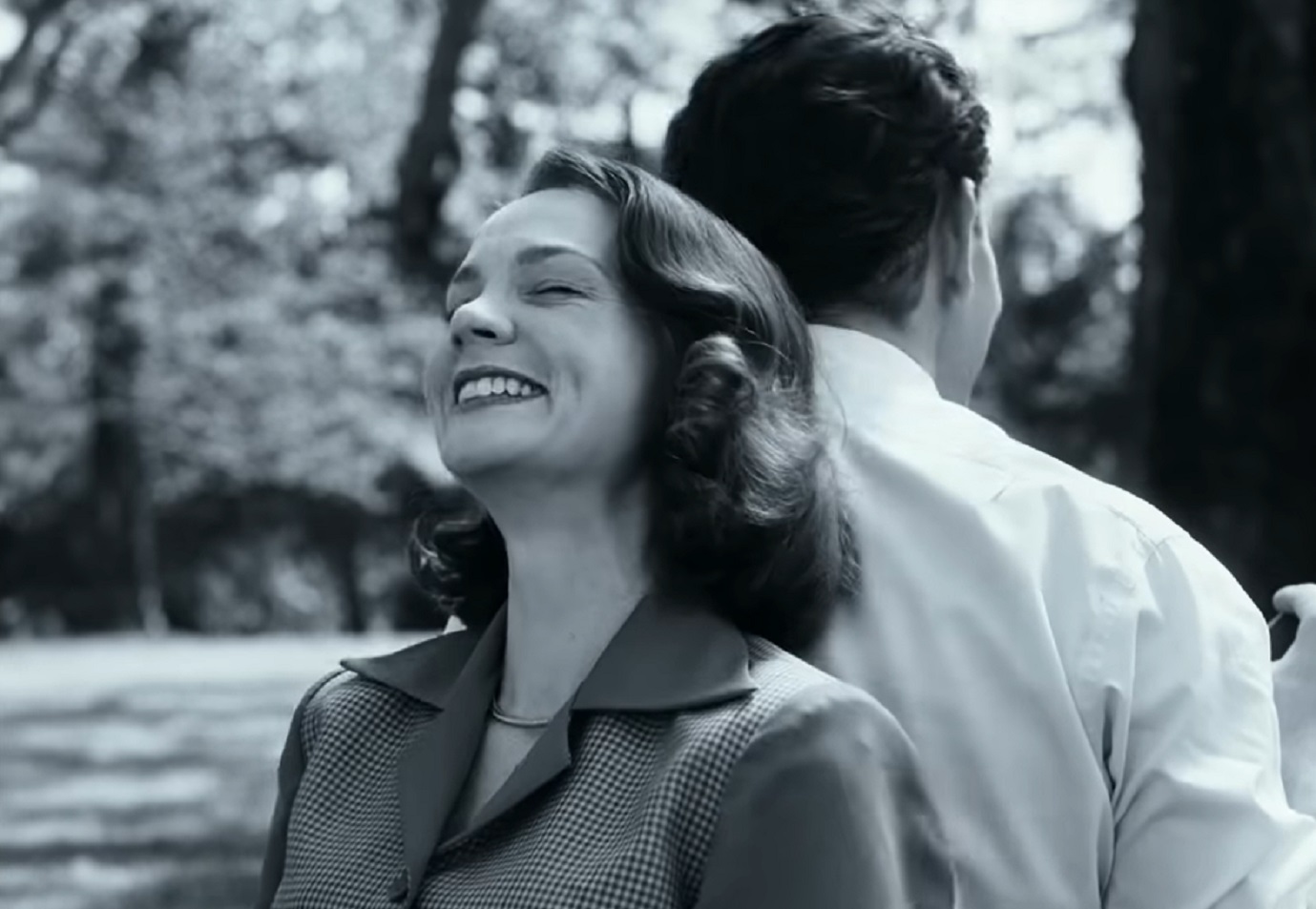 Amblin Entertainment, Maestro (2023)
Amblin Entertainment, Maestro (2023)
11. He Was Missing Something
The first surprise that Montealegre had during their engagement was that Bernstein lacked communication skills. To deal with this, she wrote letters asking him why he didn’t share his feelings more. Instead of explaining himself, Leonard did something harsh. He callously postponed their wedding.
Their whirlwind romance had come to a grinding halt, and this pushed Montealegre into a serious decision.
12. She Saw Only One Option
Eventually Montealegre grew tired of her uncommunicative fiancee. Seeing no other option, she canceled their engagement. But confusion still surrounded what had happened. It would take years, but Montealegre would eventually learn the truth about Bernstein.
For now, she resolved to forget him. But just when she had, he came crawling back.
13. She’d Moved On
Once Montealegre was gone, Bernstein realized he was miserable without the true love of his life. He was now desperate to win her back. But it was a “too little, too late” situation, as Montealegre was back to focusing on her career. She was finding some success on television—although not everything was coming up roses.
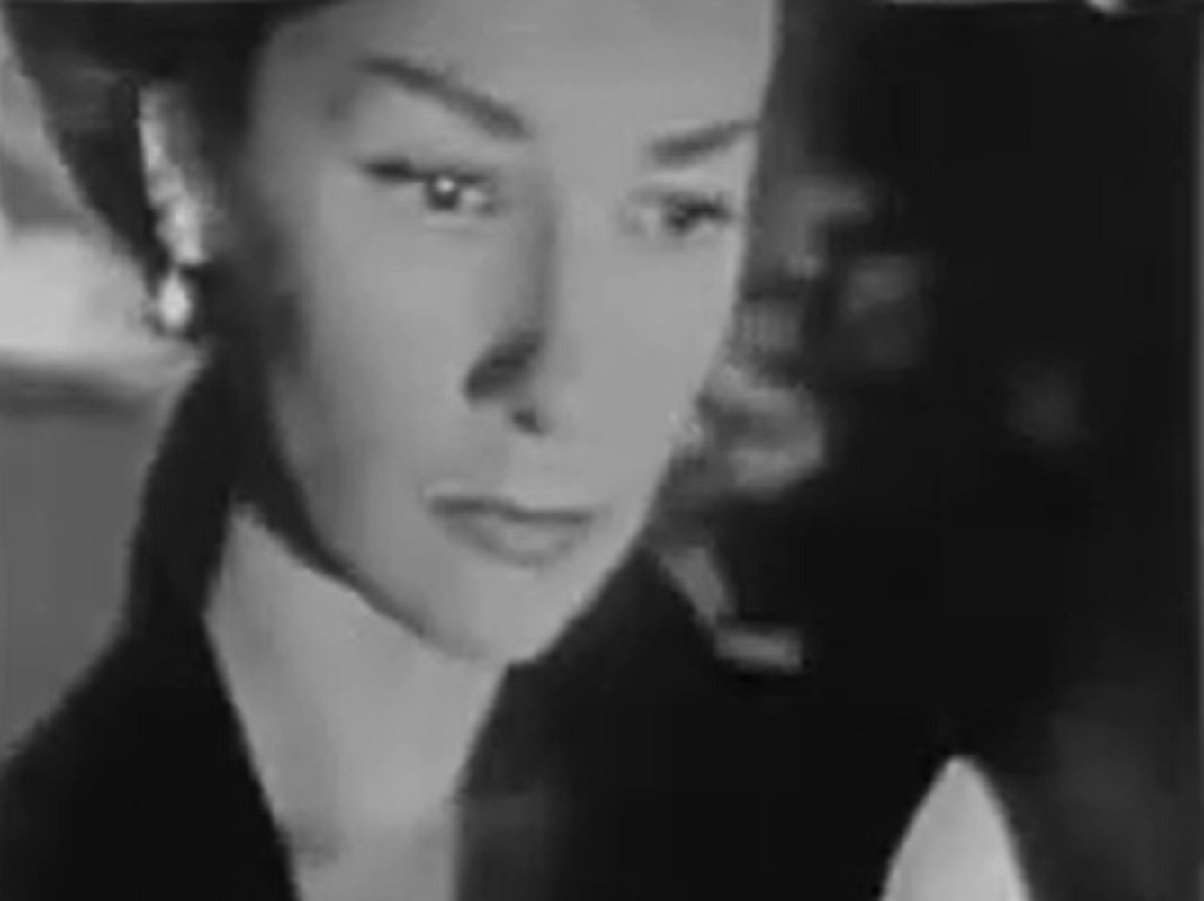 CBS, Studio One - Flowers From A Stranger (1949)
CBS, Studio One - Flowers From A Stranger (1949)
14. She Was A Cartoon
In 1949, Montealegre appeared in the anthology TV drama Studio One with Charlton Heston. In it, Montealegre plays a femme fatale waitress who preys upon the good natured Heston. While no one complained about her acting, apparently her cockney accent was laughable. One unforgiving critic even called it “cartoonish”.
Montealegre took the good with the bad. You could say the same was true when she was picking her next boyfriend.
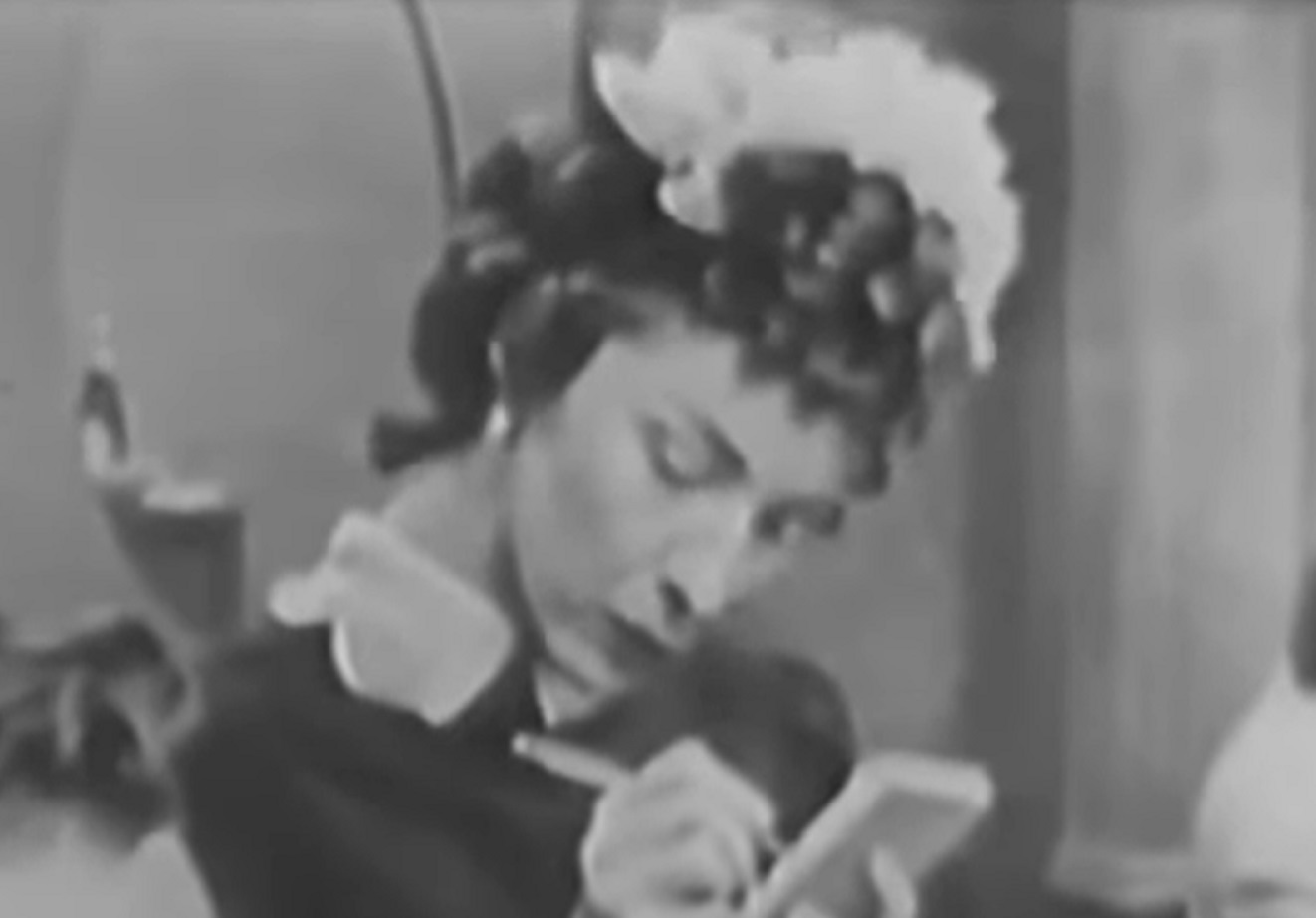 CBS, Studio One - Of Human Bondage (1949)
CBS, Studio One - Of Human Bondage (1949)
15. He Had A Past
In 1948, Montealegre met film, Broadway and TV actor Richard Hart, who had quite the history. He’d already had three kids with two different wives. On top of that, he had a fourth child out of wedlock. His checkered history didn’t deter Montealegre, and the two soon moved in together.
This could have been Montealegre’s happily ever after, except fate had far crueler plans for her.
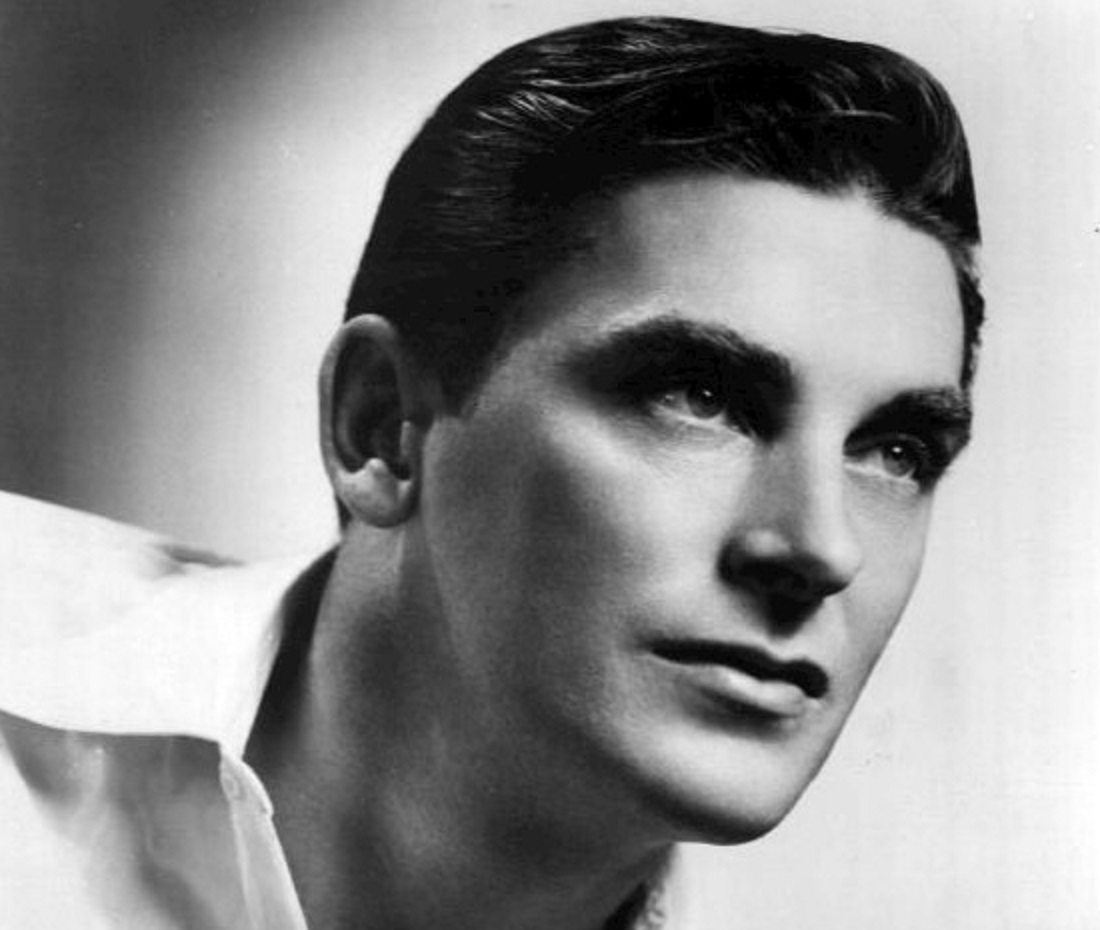 CBS Television, Wikimedia Commons
CBS Television, Wikimedia Commons
16. He Checked Himself In
Montealegre soon found out that Hart had serious issues with drinking. On January 2, 1951, he checked into New York’s French Hospital complaining of chest pain. While Montealegre held him in her arms, he passed of a heart attack. He was only 35 years old. A distraught Montealegre was in desperate need of emotional support.
Unfortunately, she could think of only one place to find it.
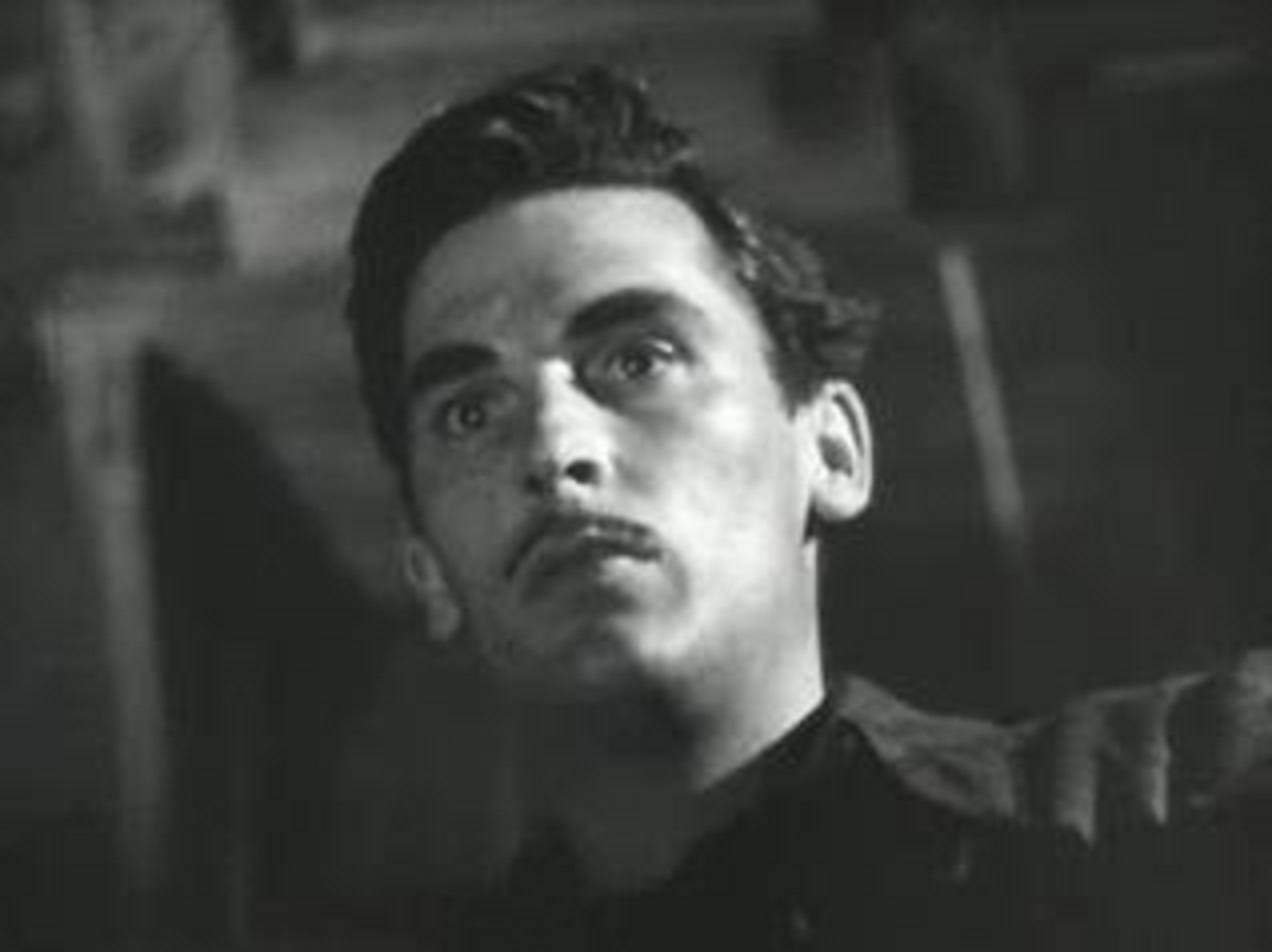 Trailer screenshot, Wikimedia Commons
Trailer screenshot, Wikimedia Commons
17. He Had A Secret
Montealegre had always wondered why she and Bernstein hadn’t become husband and wife. Back then she didn't know about Bernstein’s secret. You see, he had amorous desire for men. Bernstein didn’t like feeling this way and reached out to several analysts, but he just couldn’t get rid of his urges.
So, while Montealegre had been living with Hart, Bernstein had been on his own adventure.
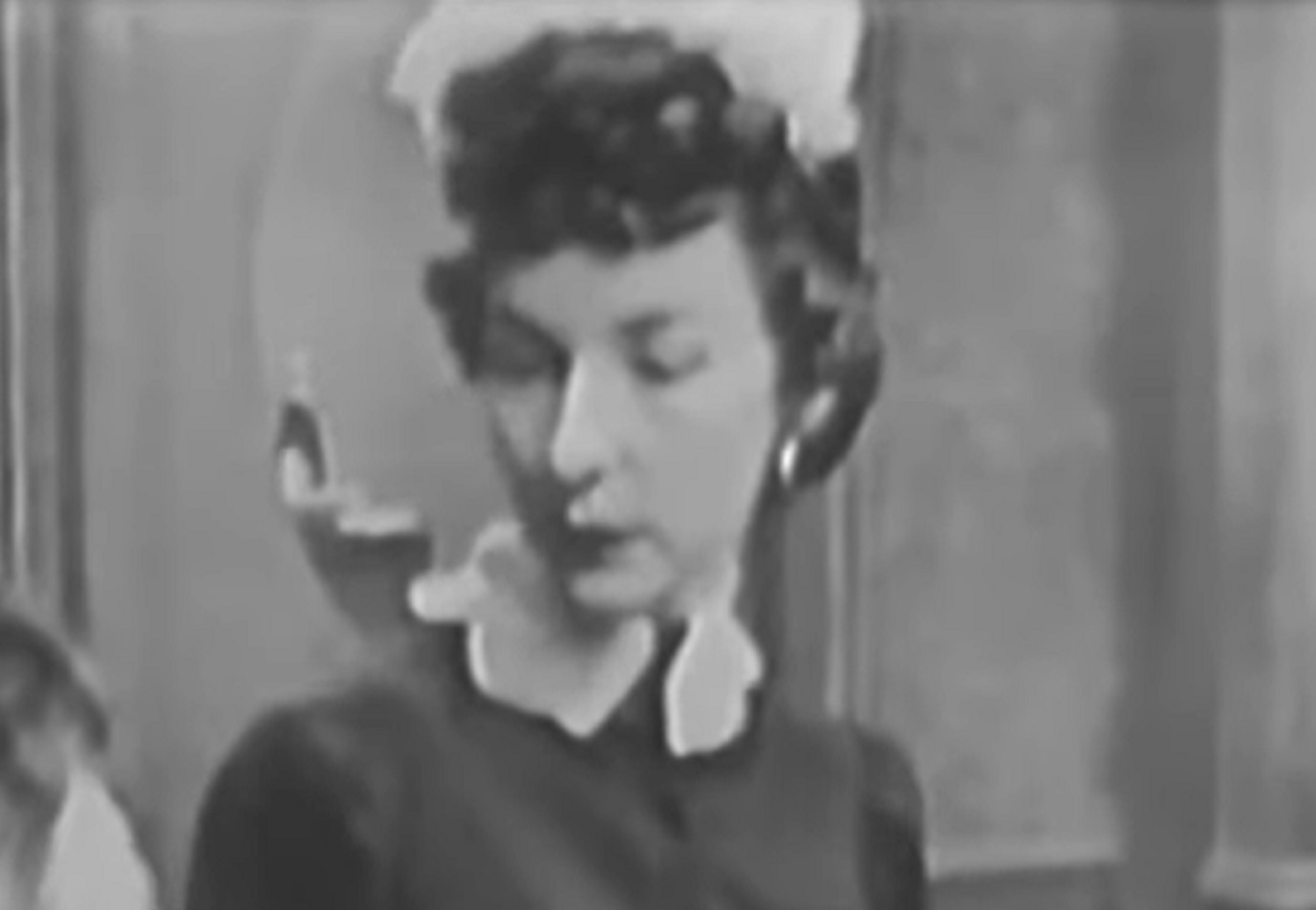 CBS, Studio One - Of Human Bondage (1949)
CBS, Studio One - Of Human Bondage (1949)
18. He Had An Affair
While Montealegre and Bernstein had separated, he’d gone to Israel. His official guide, a soldier named Azaria Rapoport, became something so much more. The two carried on a passionate affair while a conflict lit up the background. Montealegre knew nothing about this affair. If she did, she may not have made this next decision.
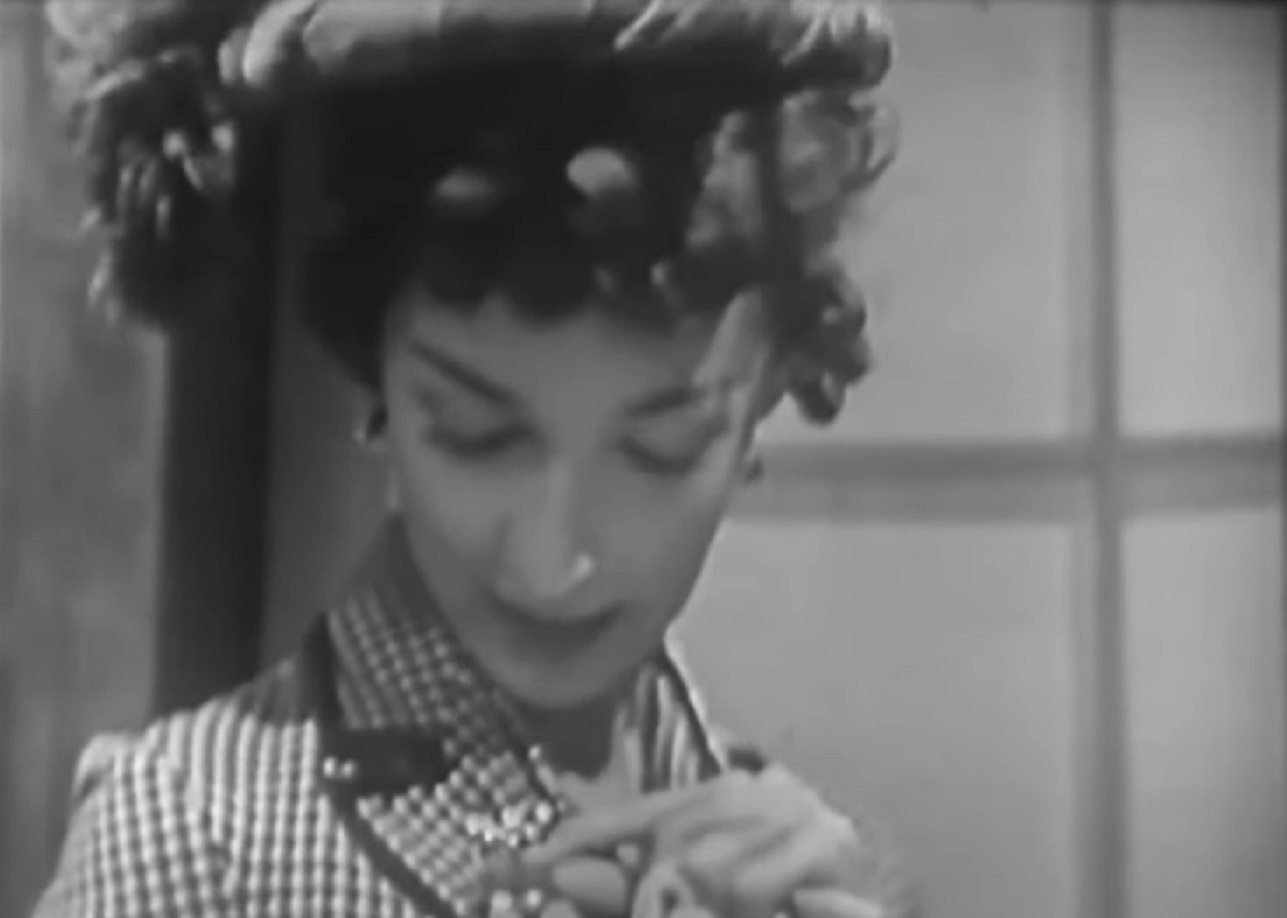 CBS, Studio One - Of Human Bondage (1949)
CBS, Studio One - Of Human Bondage (1949)
19. She Faced The Truth
The thing was, Montealegre knew about Bernstein’s urges. So, obviously she needed to face the facts. She had to decide if she could be with a man who liked other men. She had to work out how this relationship would even work. After considering all the options, she made a decision not based on what society said, but based on true love.
Her decision was completely unorthodox, and she took it to Bernstein.
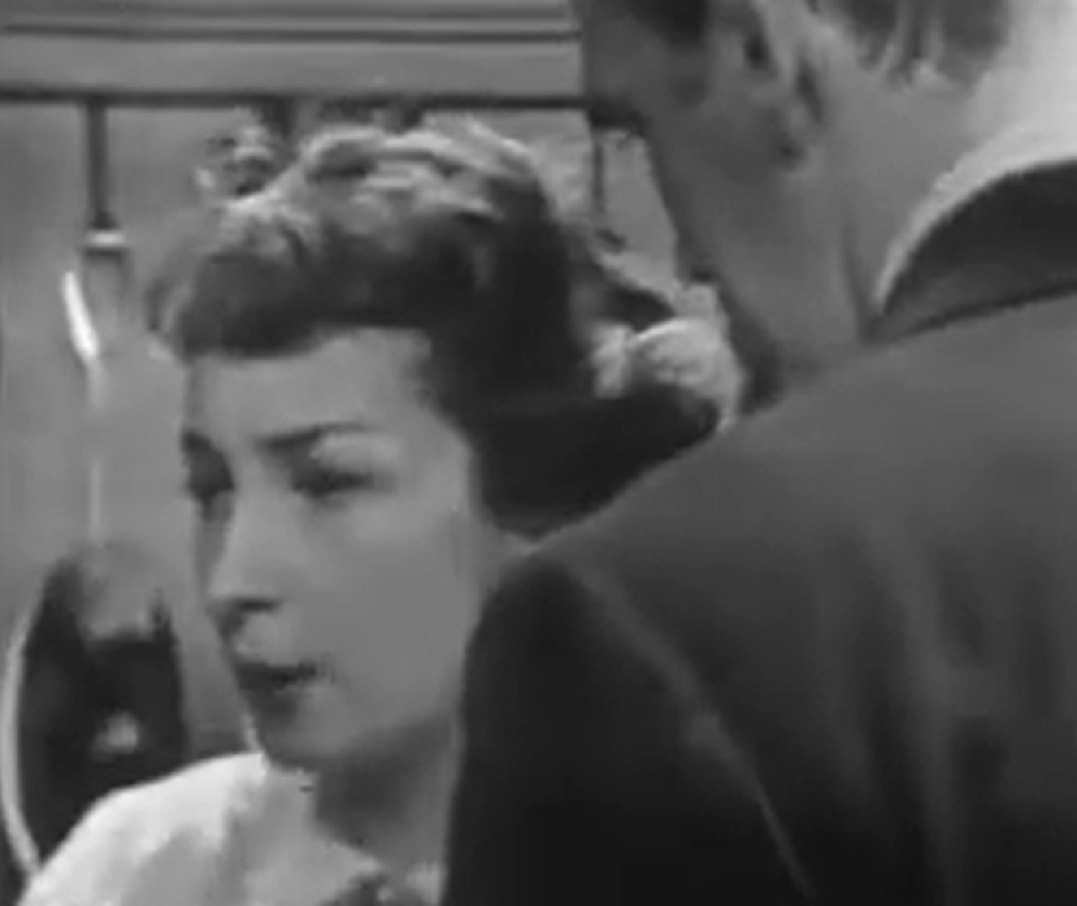 CBS, Studio One - Flowers From A Stranger (1949)
CBS, Studio One - Flowers From A Stranger (1949)
20. She Reached Out
Montealegre was a letter writer, so she approached Bernstein by mail. In her letter, she acknowledged that Bernstein was gay, and that he would likely never change. The letter also contained a summation of their relationship which she said was “not such a mess after all”.
Before sealing and stamping the letter, she very clearly laid out her very strange proposal.
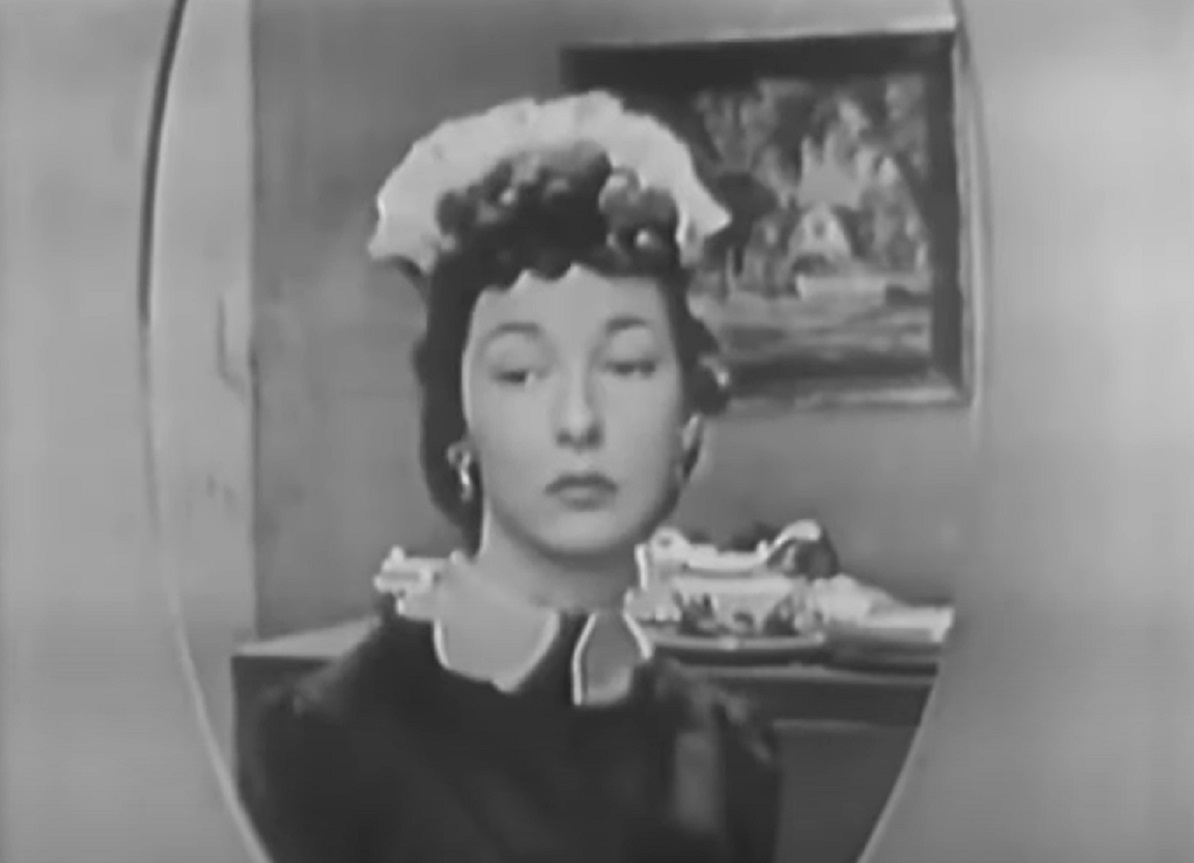 CBS, Studio One - Of Human Bondage (1949)
CBS, Studio One - Of Human Bondage (1949)
21. She Offered Him A Deal
Montealegre’s proposal to Bernstein was to marry him, and let him carry on affairs with men. She promised he could live without guilt, and also that she would not play the martyr. Montealegre had only one condition for this unorthodox union. When Bernstein had his affairs, he had to use the utmost discretion.
All she could do now was wait nervously for his reply.
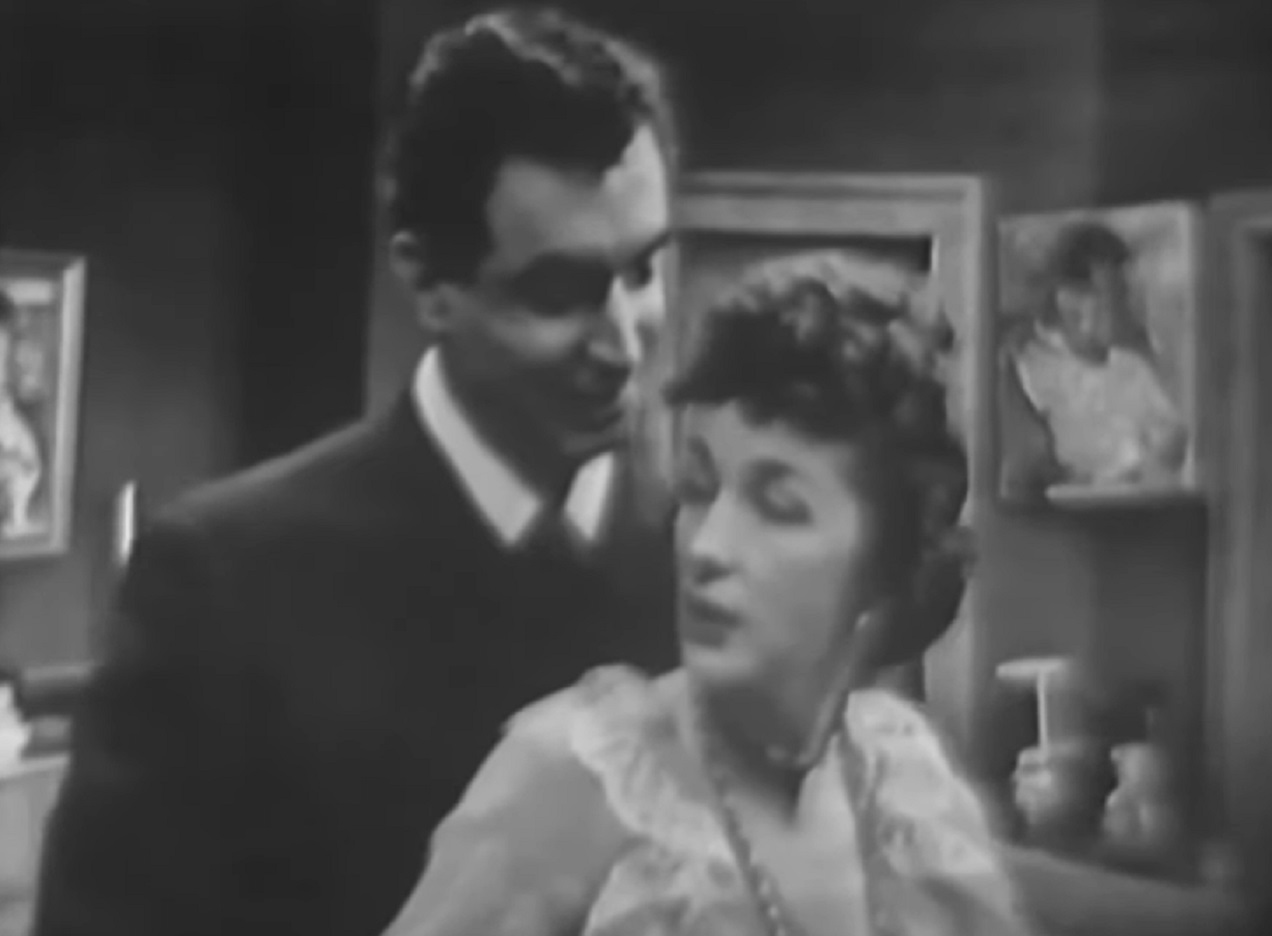 CBS, Studio One - Of Human Bondage (1949)
CBS, Studio One - Of Human Bondage (1949)
22. He Wanted Everything
Montealegre’s proposal was like music to Bernstein’s ears. He now wanted everything with her. He wanted a house, children, family trips, and all the things that married life could bring them. Their relationship would not center around romance, but “tenderness and mutual respect”.
While this was not the most conventional set up, they would begin it with the most traditional of ceremonies.
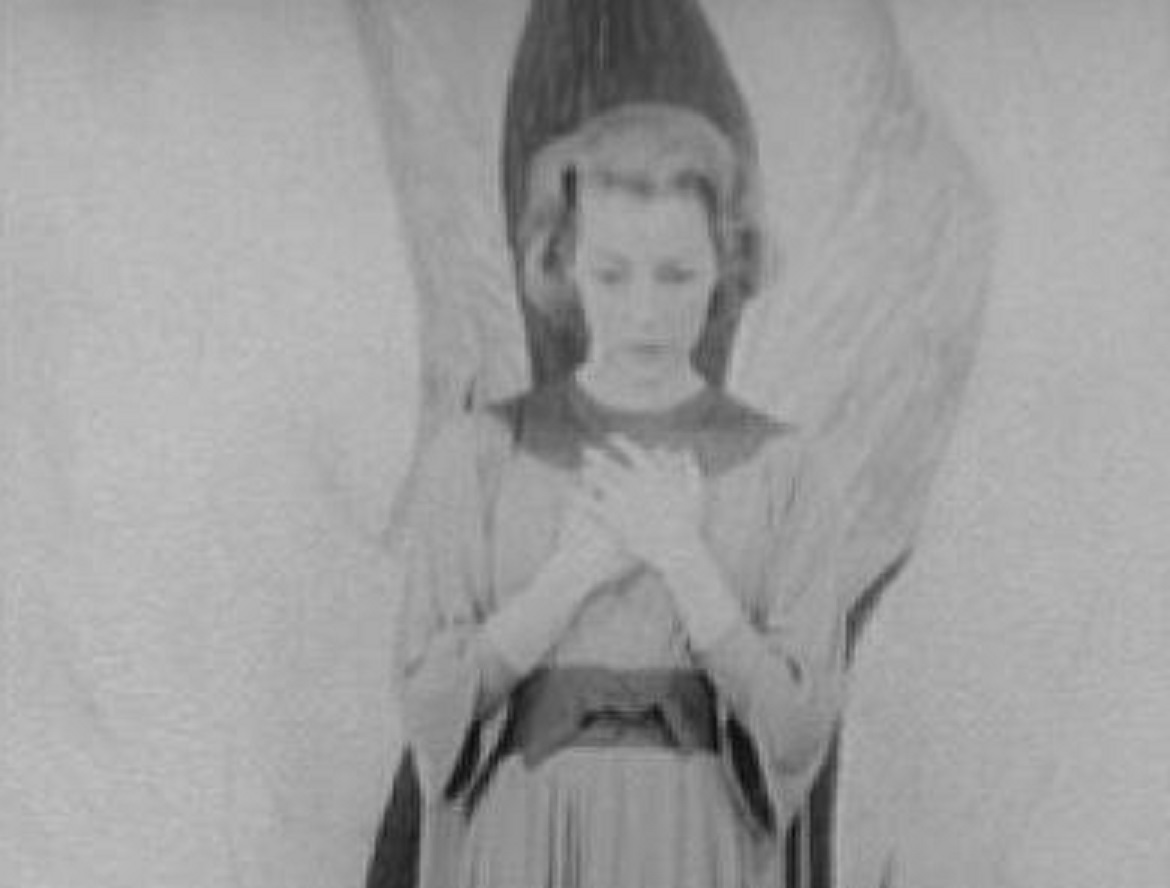 Carl Van Vechten, Wikimedia Commons
Carl Van Vechten, Wikimedia Commons
23. They Needed To Decide
Even though their relationship would be unconventional, they still wanted a traditional wedding. But this immediately presented a problem: Montealegre was Catholic and Bernstein was Jewish. Montealegre didn’t feel that strongly about her religion, but Bernstein’s father had a request. He wanted Montealegre to convert to Judaism.
Montealegre had already given in so much for this marriage. Would she have to give up her religion as well?
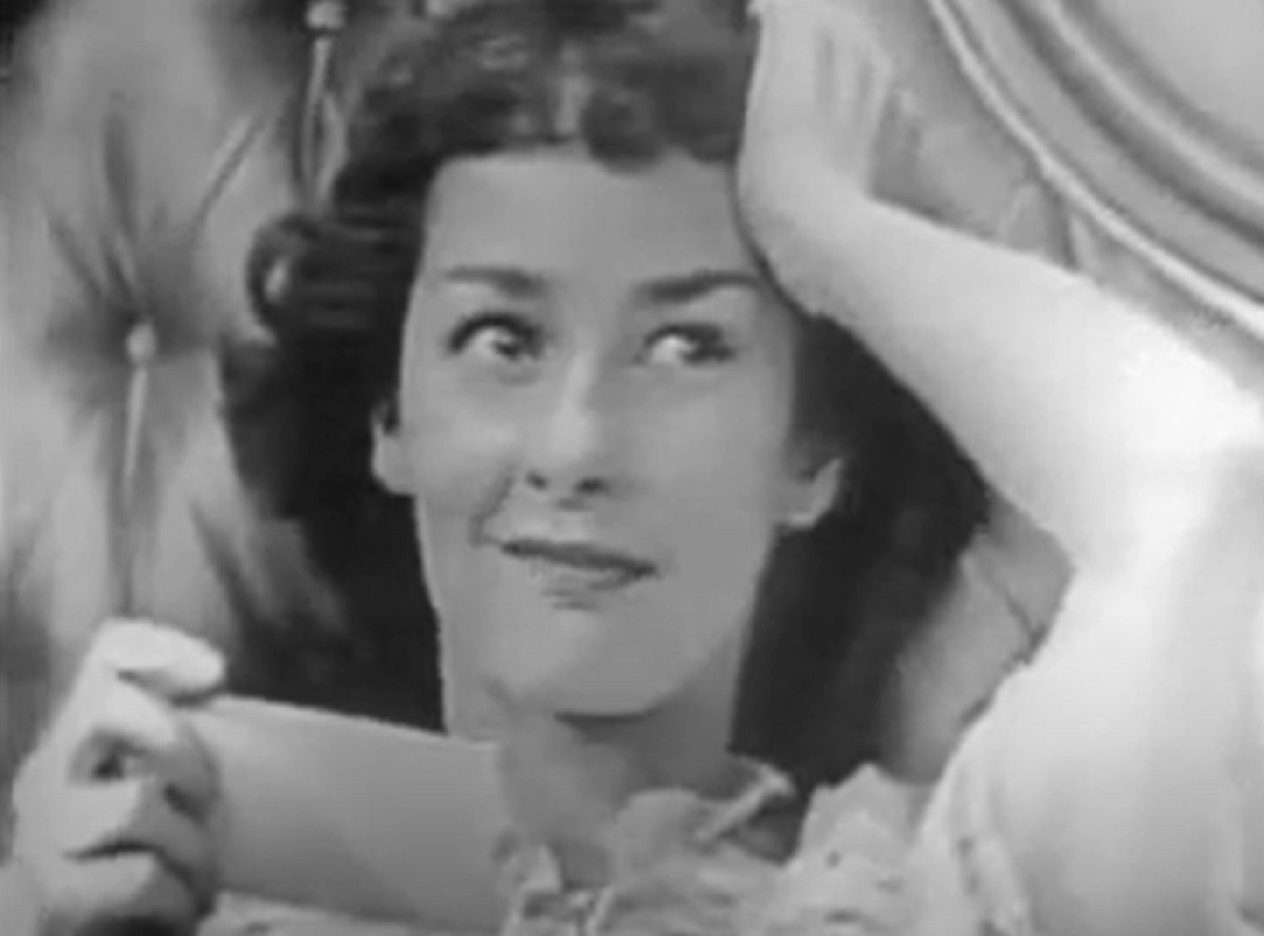 CBS, Studio One - Flowers From A Stranger (1949)
CBS, Studio One - Flowers From A Stranger (1949)
24. She Kept The Peace
Montealegre ended up converting to Judaism to keep the peace. While she may have converted, this didn’t mean she became devout. Together, she and Bernstein created a household with a blend of Judaism and Catholicism. They’d finally conquered all of the obstacles, and it was time for the joy of a blissful marriage.
Okay, let’s see how long that lasts.
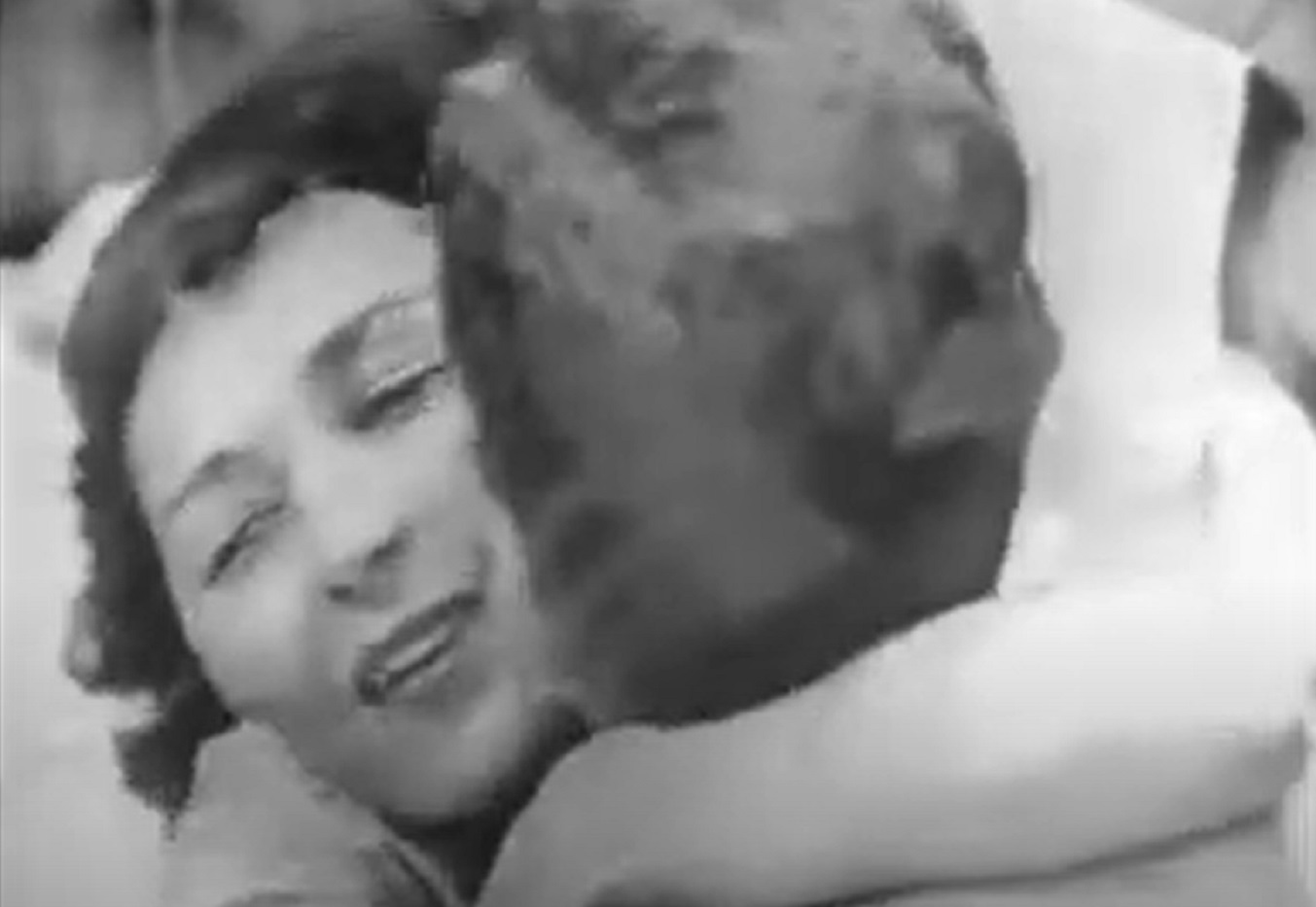 CBS, Studio One - Flowers From A Stranger (1949)
CBS, Studio One - Flowers From A Stranger (1949)
25. It Was Not Going According To The Plan
At the beginning, Bernstein stuck to his agreement to keep his affairs with men discreet. But Montealegre didn’t count on two things: While discreet, her husband’s affairs sometimes became romantic. And that wasn't the worst part: His affairs were not just with men.
Bernstein was off having the time of his life, while Montealegre was stuck at home doing what conventional wives do.
26. She Played The Role
By 1955, Montealegre was playing the role of the good wife and caring for their two children. Jamie Anne Maria came in 1952, and Alexander was born three years later. She was now a busy mother and dealing with a very philanderous husband. Somehow this deal she had created was turning into a nightmare.
But instead of dwelling on her miserable existence, she decided to hit the town.
27. She Was An Icon
Montealegre started paying a lot of attention to her wardrobe. Soon she became quite the fashion icon, and women looked forward to the gala events where she would show off the work of fashionable new designers. But, as it turned out, Montealegre’s foray into fashion had a secret agenda.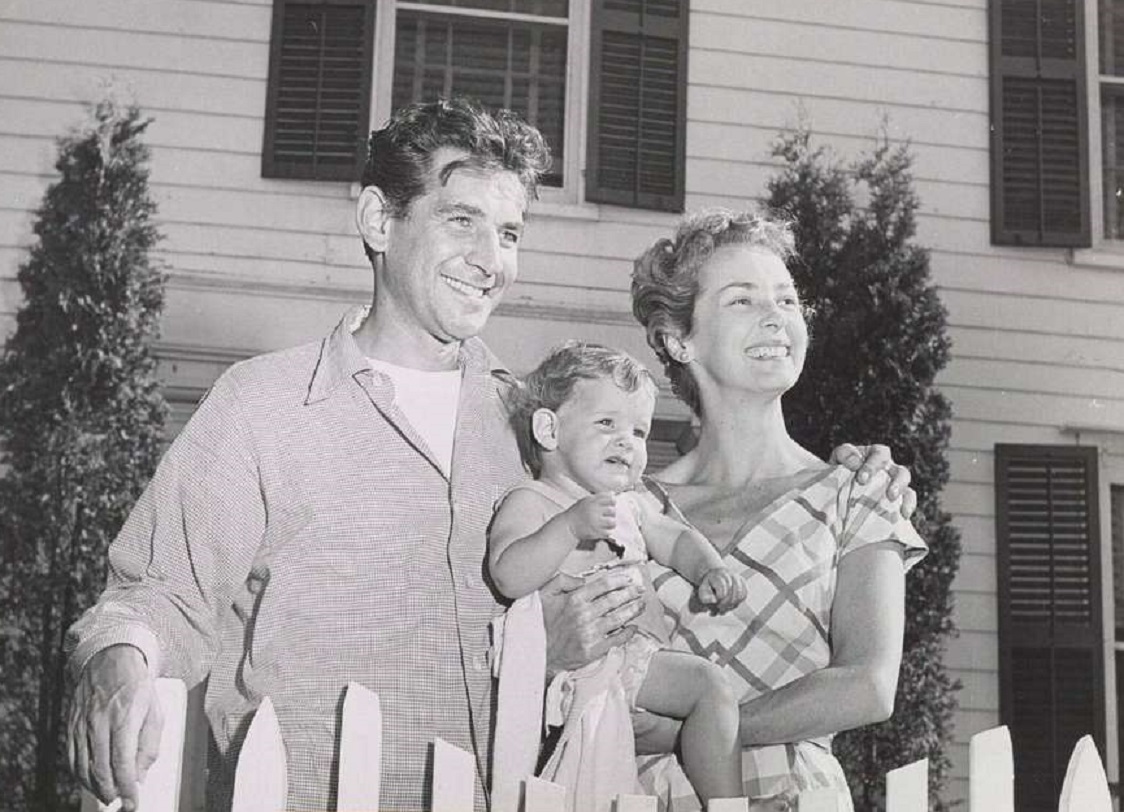 Library of Congress, Picryl
Library of Congress, Picryl
28. She Tricked Them
One event that seemed to bring out Montealegre’s grandest looks was the New York Philharmonic season opener. Women attended the event just to see what she would wear and also to show off their own designer duds. Yet it was all part of Montealegre's plan to trick these ladies into attending the event. They came for the fashion, and she hoped they’d leave with a love of music.
Montealegre felt what it was like to change people’s lives, and she was ready to take it to the next level.
29. She Was A Social Activist
Shortly after having her third child—Nina Maria—Montealegre went political. The New York Liberties Union did wonderful work, and Montgealegre decided it needed a division just for women. She proudly became the first chair of this division, and she worked on fundraising for educational programs.
Her husband, on the other hand, went in a very different direction.
30. He Mixed Business With Pleasure
While Montealegre fought the good fight, Bernstein was back in Israel mixing business with pleasure. He was presenting Gustv Mahler’s Resurrection Symphony in 1967 and bumped into a man who had been his waiter at Discotheque in New York: Howard Rosenman. It was a very random chance encounter that turned into an intensely amorous relationship.
This fling didn’t end in Israel. It came back home with him.
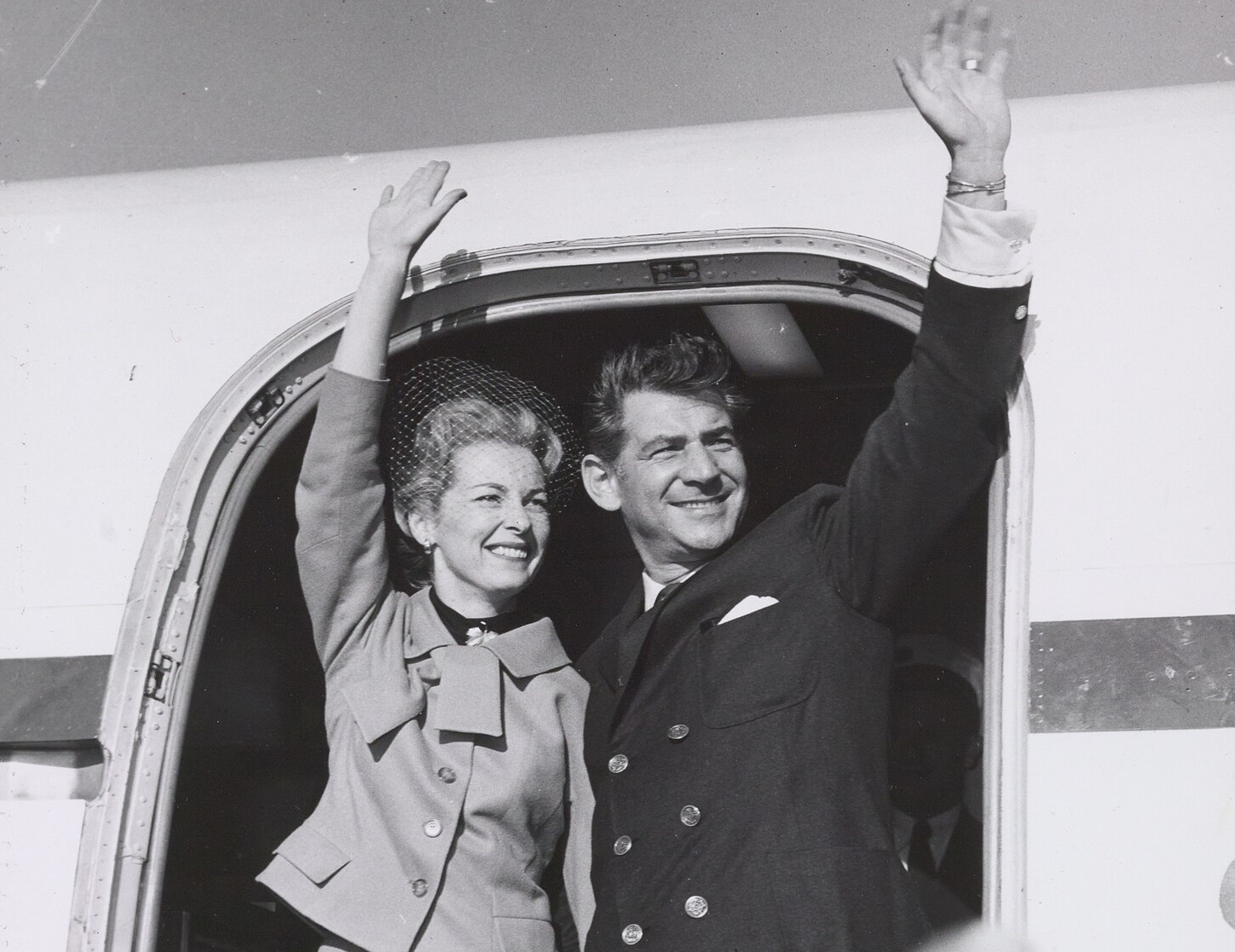 The Library of Congress, CC BY 2.5, Wikimedia Commons
The Library of Congress, CC BY 2.5, Wikimedia Commons
31. He Introduced Them
As it turned out, Bernstein’s fling wasn’t with an Israeli, but an American. Back in the states, Bernstein callously introduced his lover to Montealegre. This could have been extremely awkward, but Montealegre managed to take it all in stride. The three became close friends and Rosenman later said he missed his friendship with the couple.
It was fine for Montealegre to meet Bernstein’s boyfriends—but don’t forget there were three impressionable children in their lives.
32. She Tried To Keep It Together
With Bernstein being so open about his affairs, it was becoming harder and harder for Montealegre to keep the “special arrangements” of her marriage out of the media. She was adamant about protecting the children from hearing about their dad’s indiscretions. But it was only a matter of time until one of them heard a rumor.
33. She Just Handed It Over
Jamie, their oldest child, was working at the Tanglewood Music Festival, where stories of her father were everywhere. When she heard about dad’s affairs with men, she immediately wrote a letter to her mom asking what was up. Montealegre didn’t respond to her daughter, she just handed the letter over to Bernstein, who simply denied the rumors and blamed the media.
Montealegre didn’t have time to help her husband deal with his secret life. She had battles of her own to fight.
34. She Took On The Government
The next project on Montealegre’s agenda was America’s involvement in Vietnam. In 1972, Montealegre joined demonstrators at the Capitol Building in Washington. Things soon took a terrifying turn. Officers stormed the area and started hauling participants down to the station. Montealegre was one of them.
But a cozy cell wasn't THAT bad. Another of her crusades actually threatened her life.
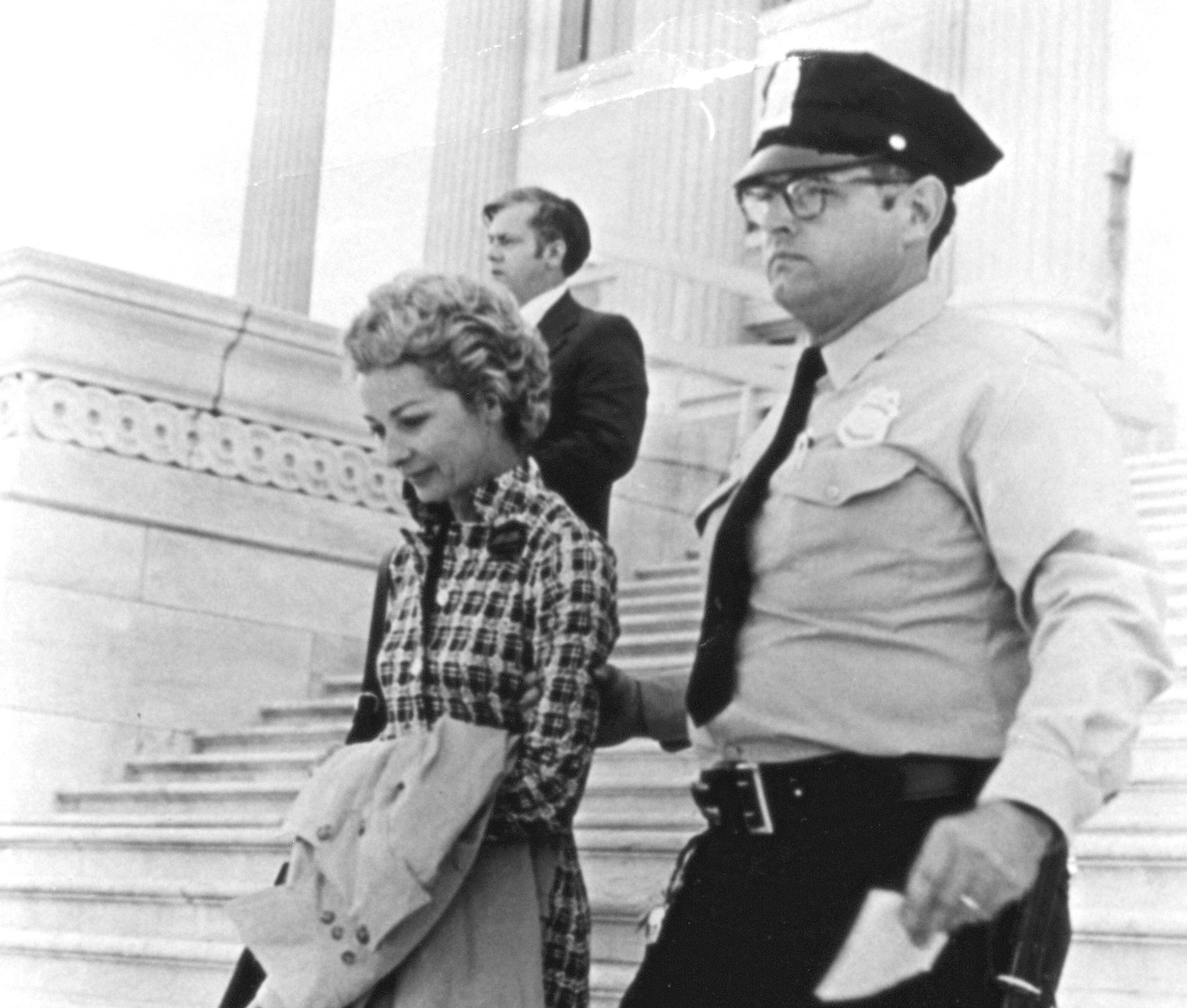 Lorraine Gray, CC BY-SA 4.0, Wikimedia Commons
Lorraine Gray, CC BY-SA 4.0, Wikimedia Commons
35. She Hated Unfairness
In 1969, Montealegre saw that members of the Black Panther Party were not getting fair trials when charged for their various protests. In response, Montealegre organized a dinner party to raise money for the members of the Black Panther Party and their families. This proved to be a very unpopular stance.
One that both she and Bernstein would pay for.
36. She Got Called A Name
After Montealegre put her support behind the Black Panthers, there was a media backlash. Tom Wolfe, writing in the New York Magazine, skewered Montealegre in a cover story and even invented a brand new name for her. He called her “radical chic”, which was—and is—a derogatory term for upper-class people who half-heartedly involve themselves in radical protests.
But this was just the beginning. Next, Montealegre’s politics would impact her husband’s career.
37. She Got Him In Trouble
It was Montealegre who organized the fundraiser for the Black Panther Party, but of course everyone assumed that Bernstein supported her. The Black Panther Party was openly anti–Zionist, and as a Jew it put Bernstein in an awkward position. When Bernstein tried to ignore it, protestors turned up at one of his concerts.
Next, the protests would head to somewhere much more personal—and much more dangerous.
38. They Weren’t Safe In Their Home
Just because of that fund raising dinner, Montealegre and Bernstein started receiving hate mail. If that wasn’t scary enough, an angry mob began to amass outside their apartment building. The shouting demonstrators said they were from the Jewish Defense League, but that wasn’t entirely true.
Only years later would the truth come out. And it was even scarier.
39. It Was A Set Up
Years later, an FBI file on Montealegre and Bernstein became public, and it featured some incredible information. The truth was that the hate mail that they received had come not from angry members of the public, but from the FBI itself. Worse still, the FBI had also sent protestors to make the mob of people outside their home look bigger and scarier than it actually was.
This situation didn’t put off Montealegre’s political work. In fact, she was just getting started.
40. She Remembered Her Home
Remember, Montealegre grew up in Chile, and so when political troubles started there, she was on hand to try and help. She bravely worked in Chile with Amnesty International to help the relatives of Chileans who had faced horrible human rights violations during the 1973 coup d'etat. Montealegre was certainly finding her voice as a political being.
Back at home, Bernstein was delivering more of the same disappointments.
41. She Was Fooling Herself
As the years passed, Montealegre noticed that Bernstein was not complying 100% with their agreement. He had promised discretion in his affairs, but he was being anything but discrete. On one sad occasion, Montealegre sat in their living room while Bernstein was fooling around with a 20-year-old man just down the hall.
Indiscretions at home were one thing, but then the media got wind of Bernstein’s affairs.
42. She Weathered The Storm
The media was having a field day proclaiming Bernstein’s indiscretions to the world. Montealegre had to somehow try to weather the storm. By 1976, Bernstein’s behavior made Montealegre take a long, hard look at her marriage. She didn’t like what she saw and knew that something had to change.
43. He Brought Him Home
In 1976, Bernstein was doing research and had an assistant named Tom Cothran. Even though Cothran was almost 30 years younger, a serious relationship began. This wasn’t the first boyfriend Bernstein had brought to the house, but it was the first time he introduced one to the kids. Montealegre had had it. It was ultimatum time.
44. It Got Worse
Well, Montealegre’s ultimatum didn’t have the desired effect. In fact, it made things much worse. Bernstein refused to end it with Cothran, and instead he decided it was time to publicly come out. He proudly told the world that he was going to live as a gay man. And then he said something more. He said he was separating from Montealegre.
45. She Had To Watch
Bernstein and Cothran continued working together and lived in various places like Palm Springs and Paris and vacationed around the world. Montealegre had lost the love of her life and had to watch as he paraded his new love for all to see. She decided to take the high road. She was now a mature woman, free of her husband and finally able to enjoy the third act of her life.
Then doctors gave her some very bad news.
46. She Would Be Alone
Sadly, Montealegre had cancer, and it had spread into her lungs. The prognosis was not good and, with her soulmate busy with his new romance, it looked like Montealegre would be facing her health crisis on her own. She needed Bernstein with her as she faced the end of her life. Was there any chance he cared enough to return?
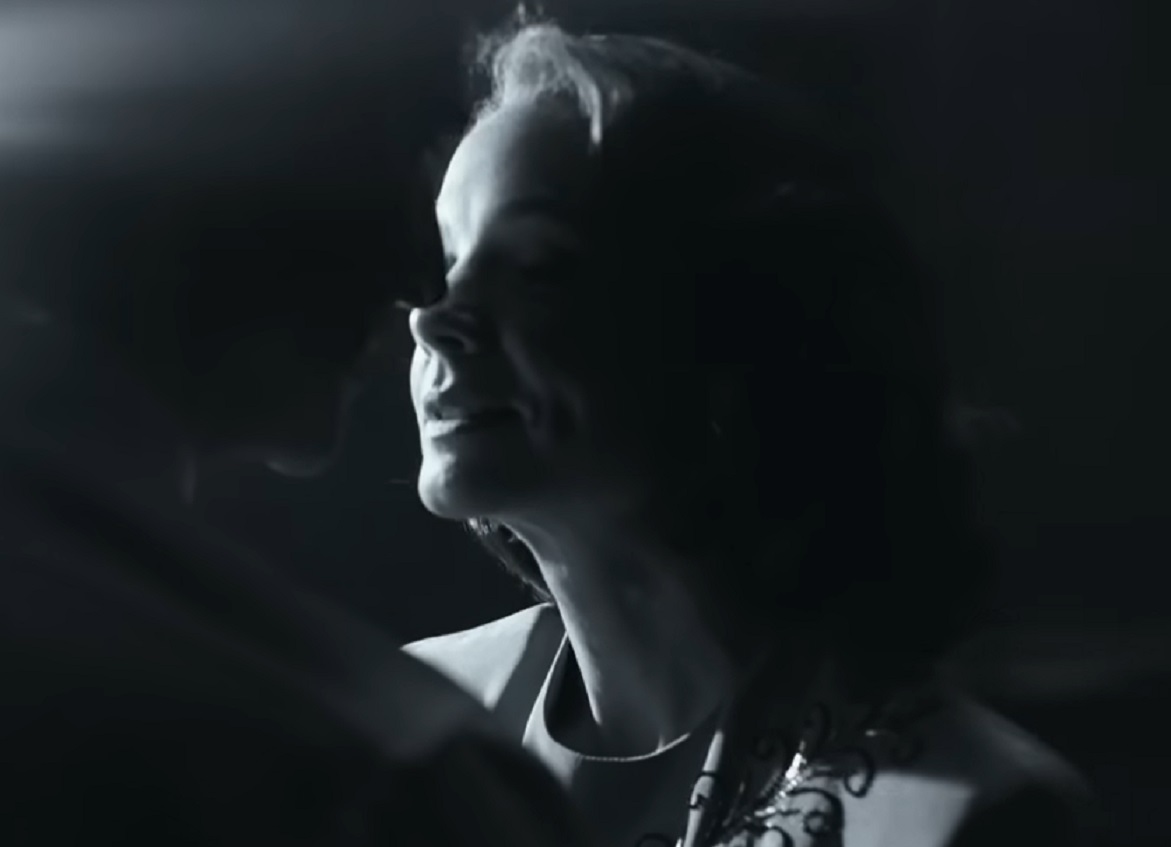 Amblin Entertainment, Maestro (2023)
Amblin Entertainment, Maestro (2023)
47. He Dropped Everything
As soon as Bernstein heard about Montealegre’s health crisis, he dropped everything to be by her side. Incidentally, included in the “everything” was Cothran. Bernstein valiantly came back to Montealegre to care for her as she suffered. Well, Bernstein was still Bernstein, and he still had those uncontrollable urges.
48. He Still Had Time
A professor named Alan Helms swears that while Montealegre was suffering from cancer, he went on a date with Bernstein. According to Helms, Bernstein was drinking a lot and quite sloppy. He also mentioned that Bernstein was “gagging to get into his pants”. Well, no one, least of all Montrealegre, would call Bernstein perfect.
But he was there when she needed him most.
49. She Would Be Remembered
Bernstein didn’t let his pursuit of men get in the way of taking care of Montealegre. He stayed with her until she passed on June 16, 1978. He also made sure we would remember her. Knowing what mattered to his wife, he created the Felicia Montealegre Bernstein Fund of Amnesty International USA.
Montealegre had certainly lived a rocky road with Bernstein, and this didn’t change right up until her funeral.
50. She Had A Final Request
Bernstein’s treatment of Montealegre was, to say the least, uneven. At times she felt like a queen and at others like she didn’t matter at all. Before she passed, Montealegre had just one request from Bernstein. She didn’t want a rabbi at her funeral. If this was a test of Bernstein’s love for her, sadly, he failed it.

